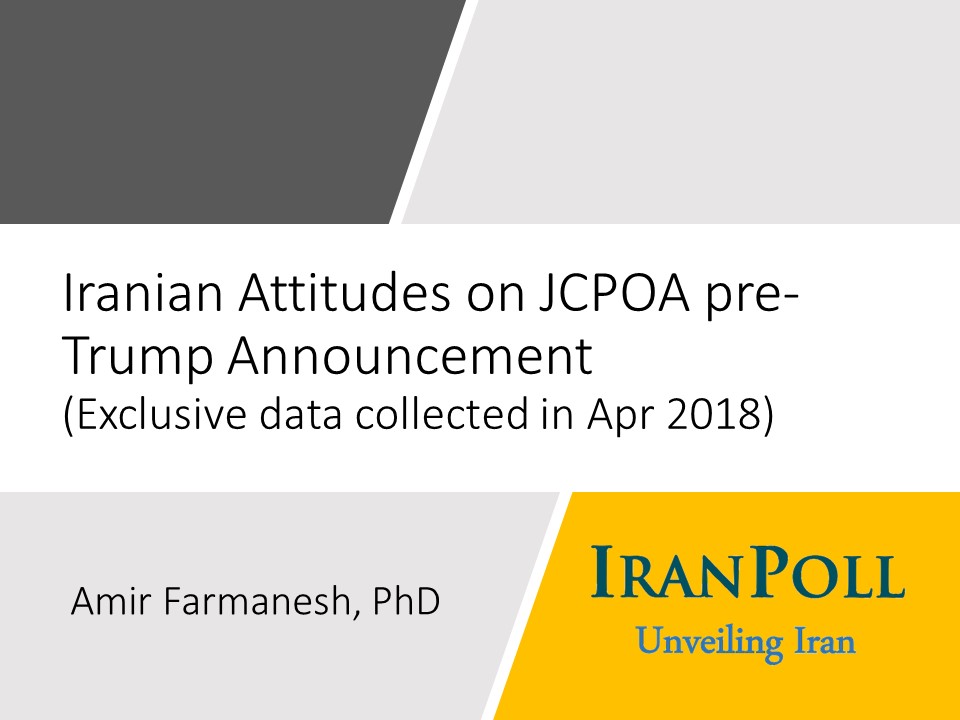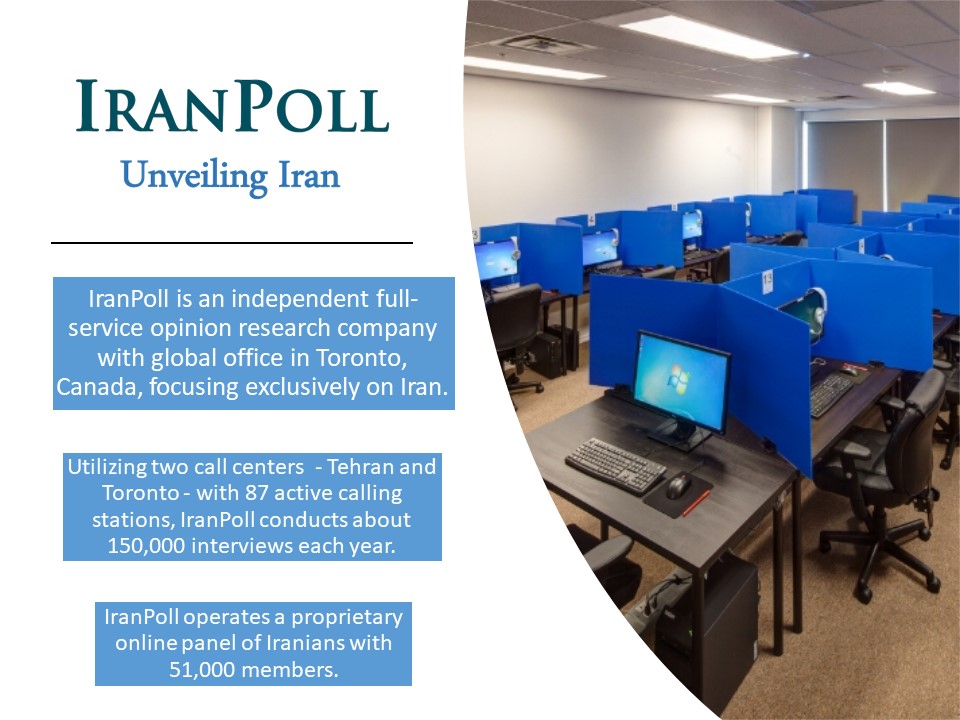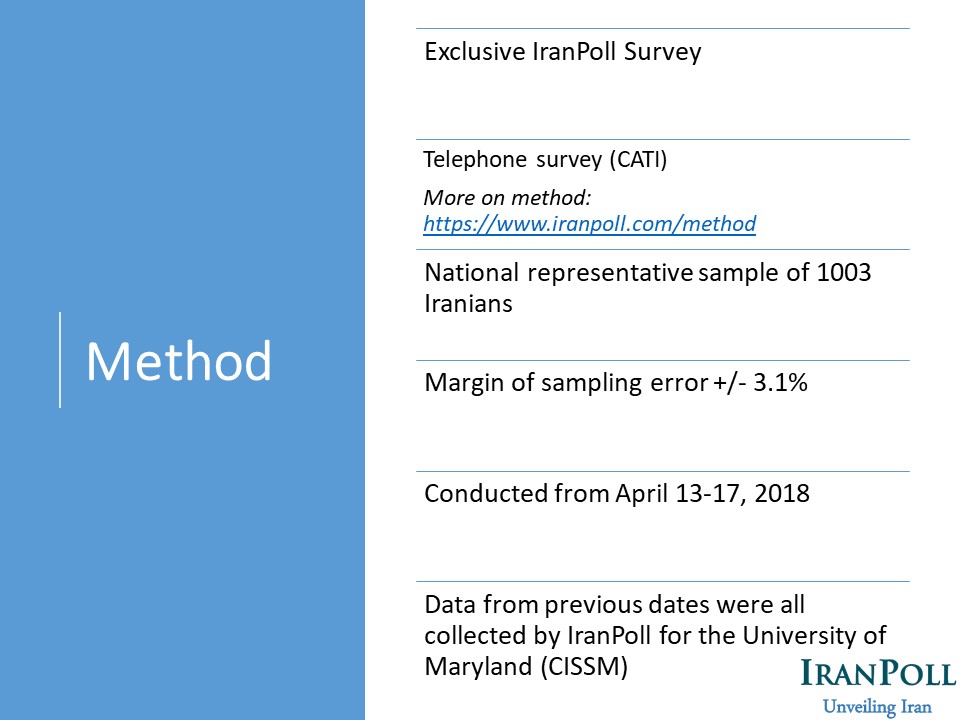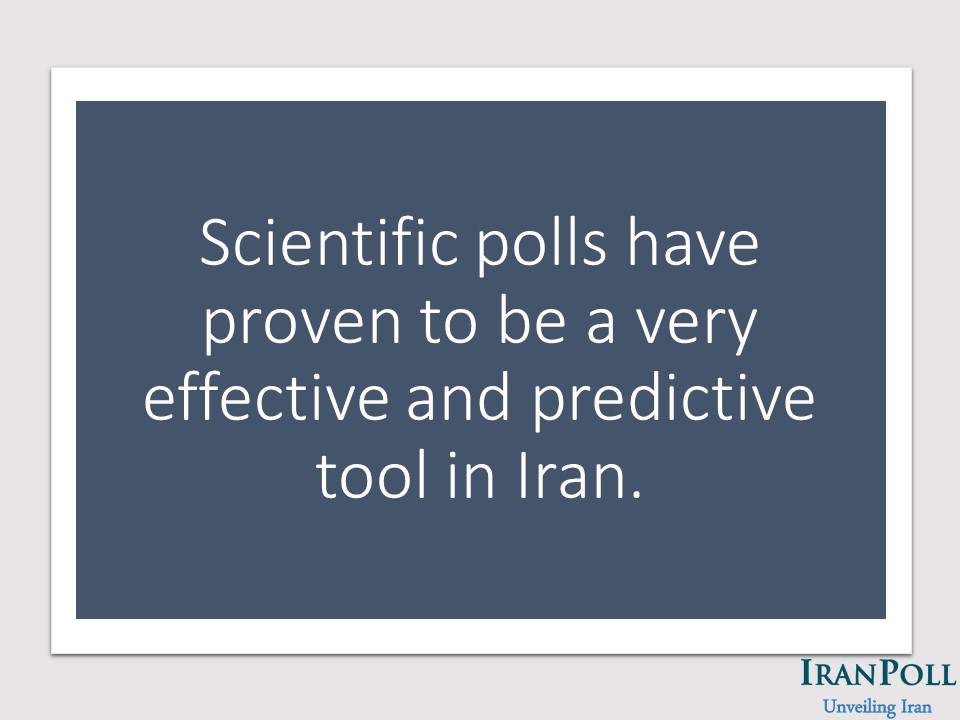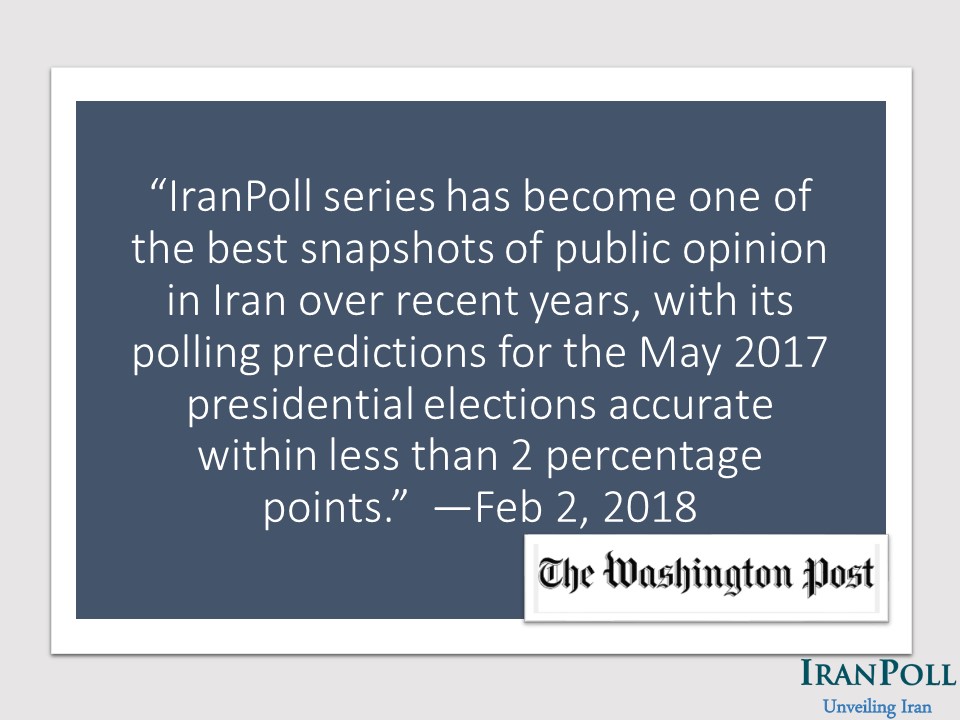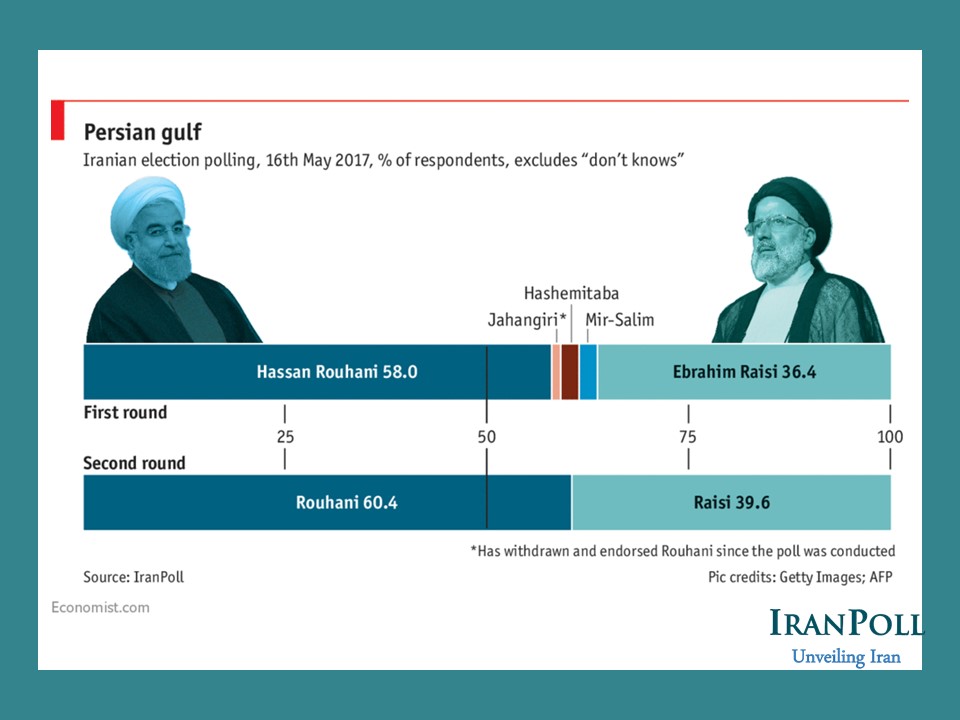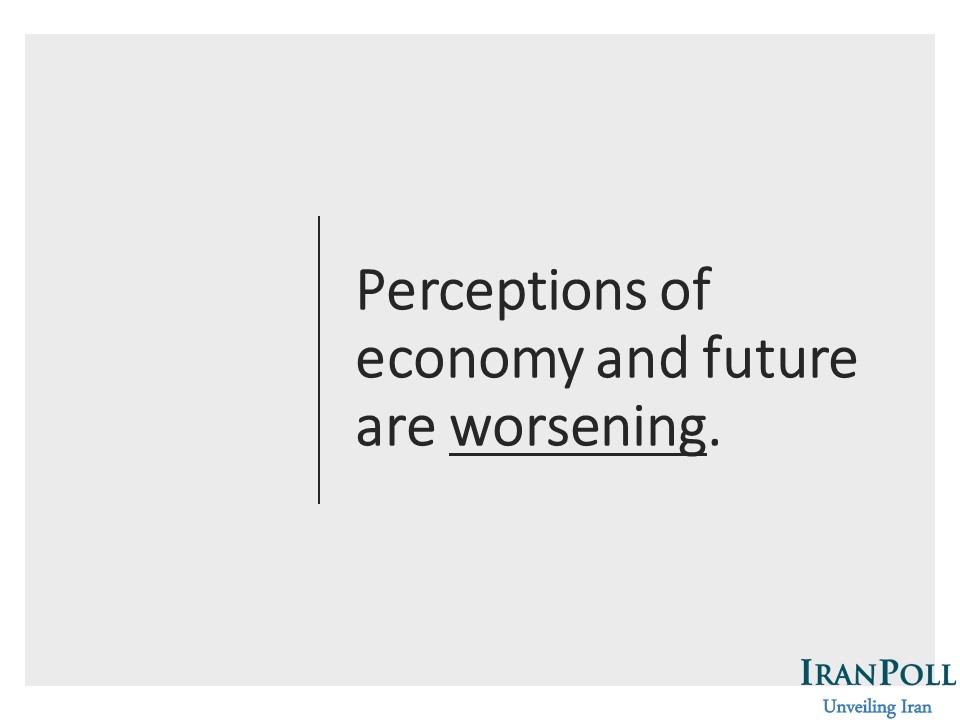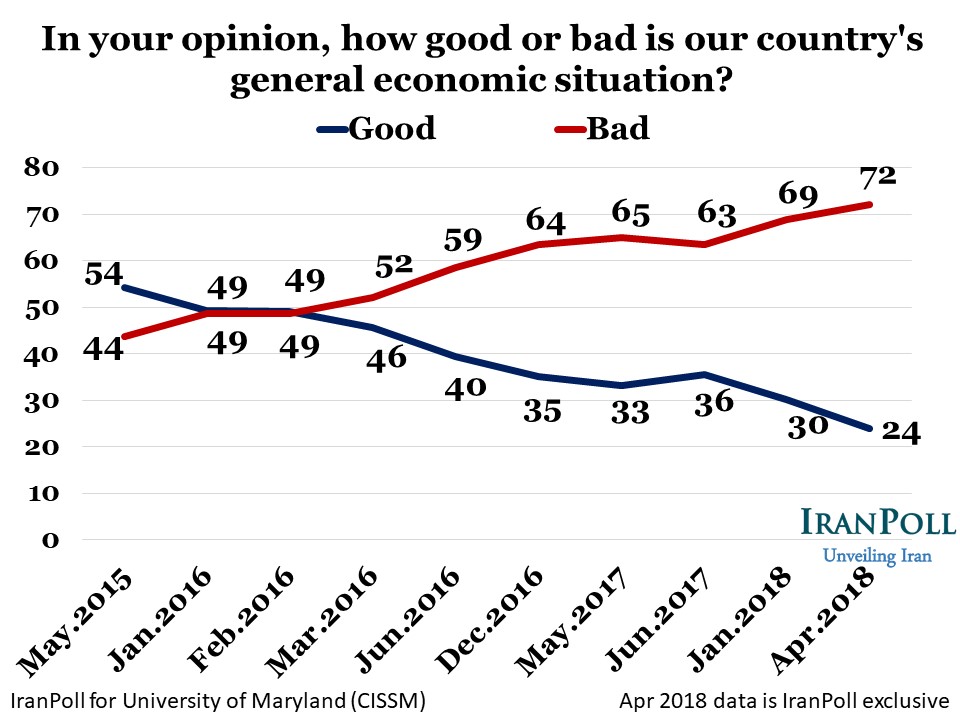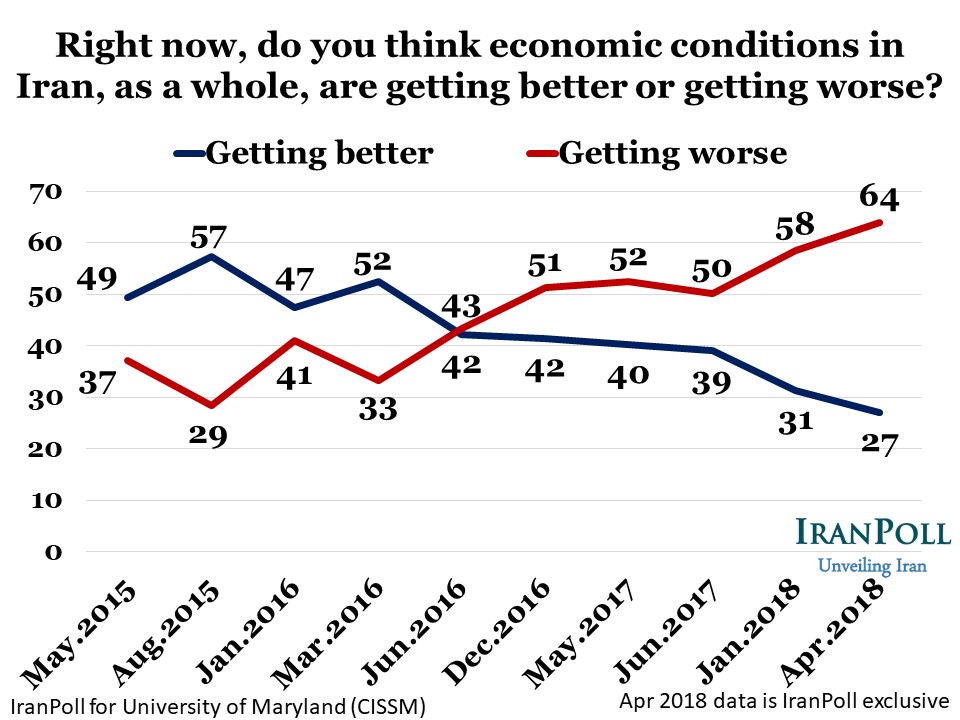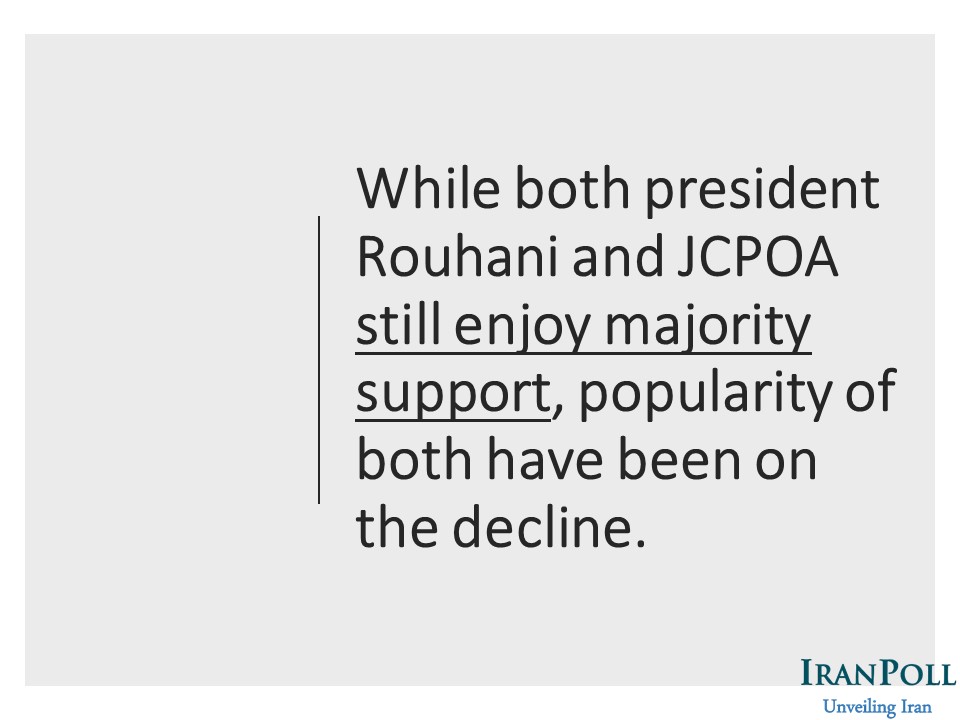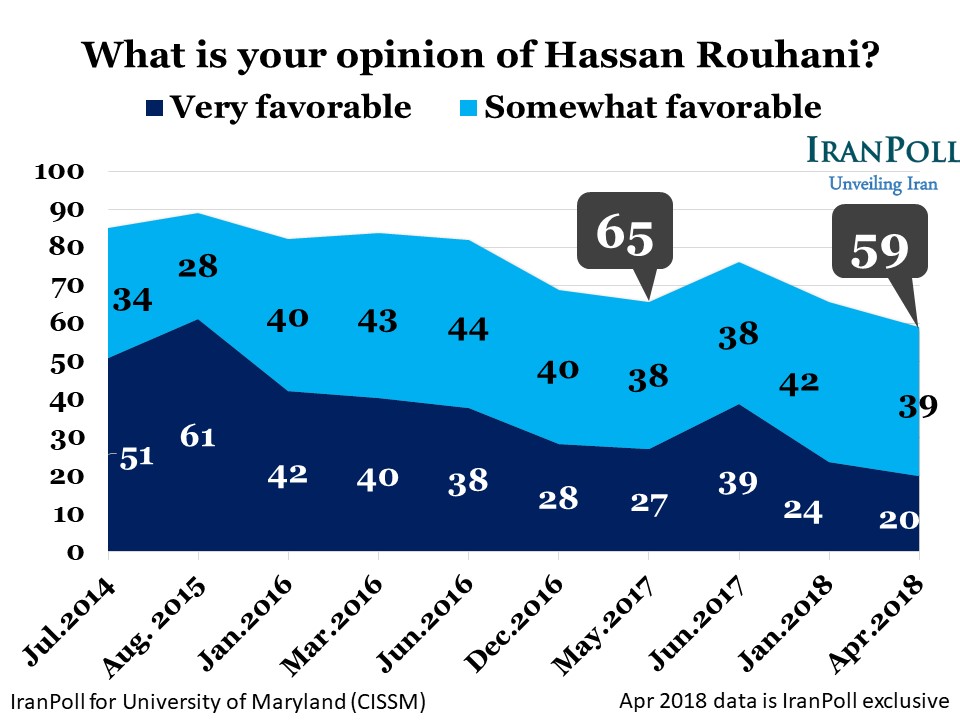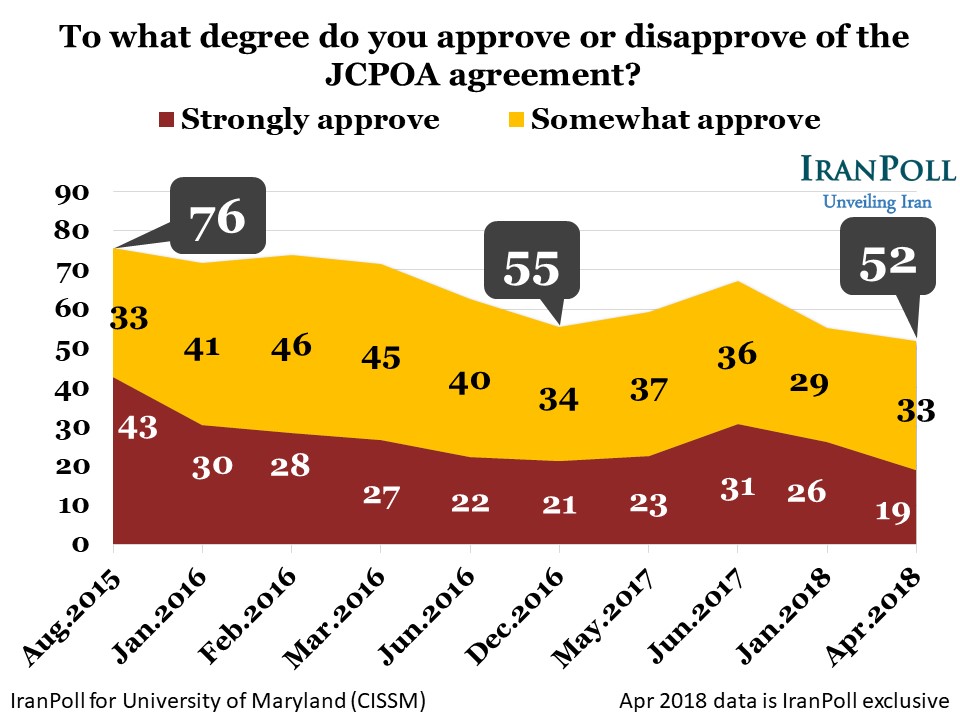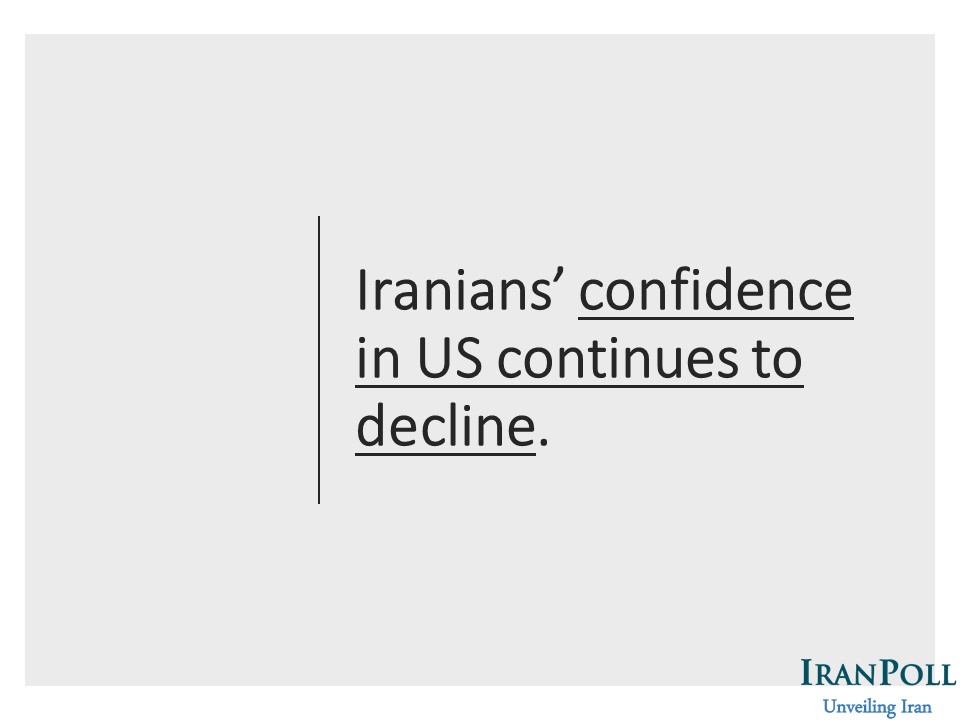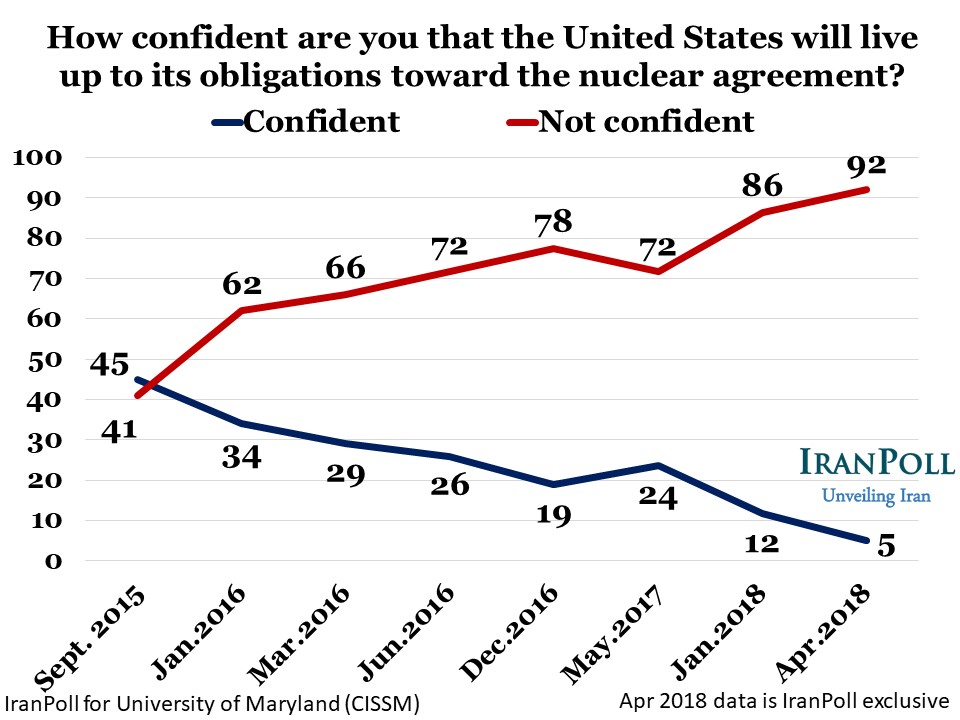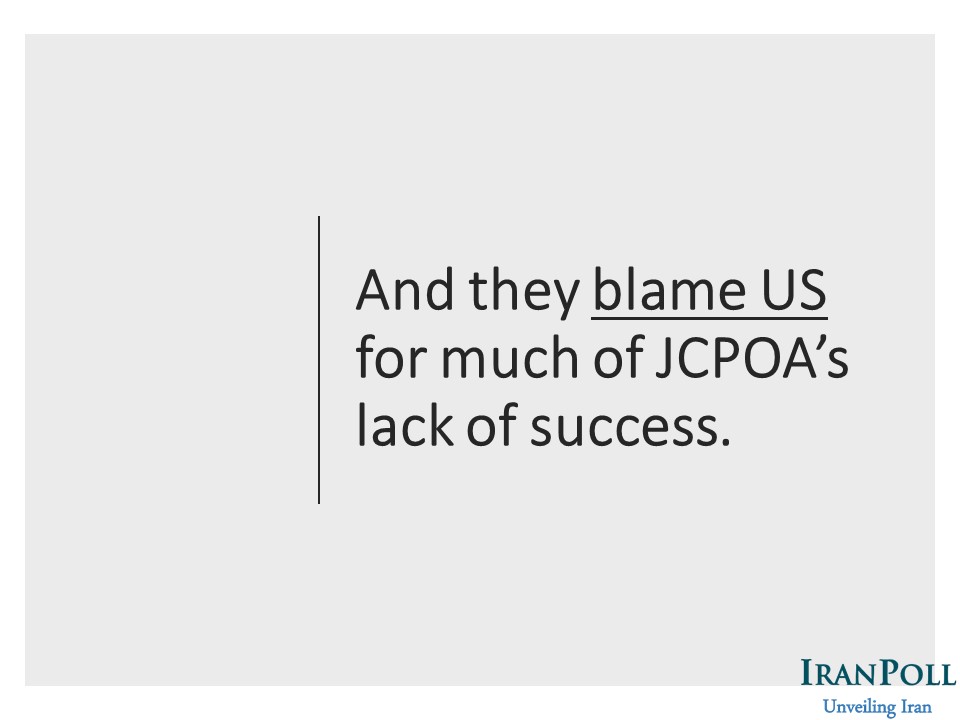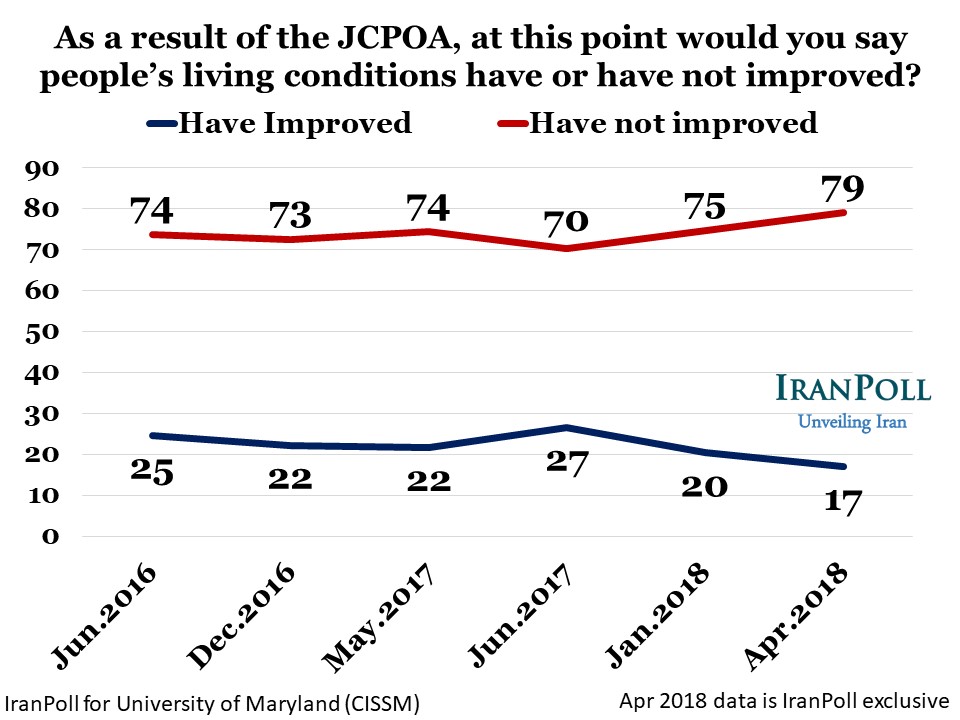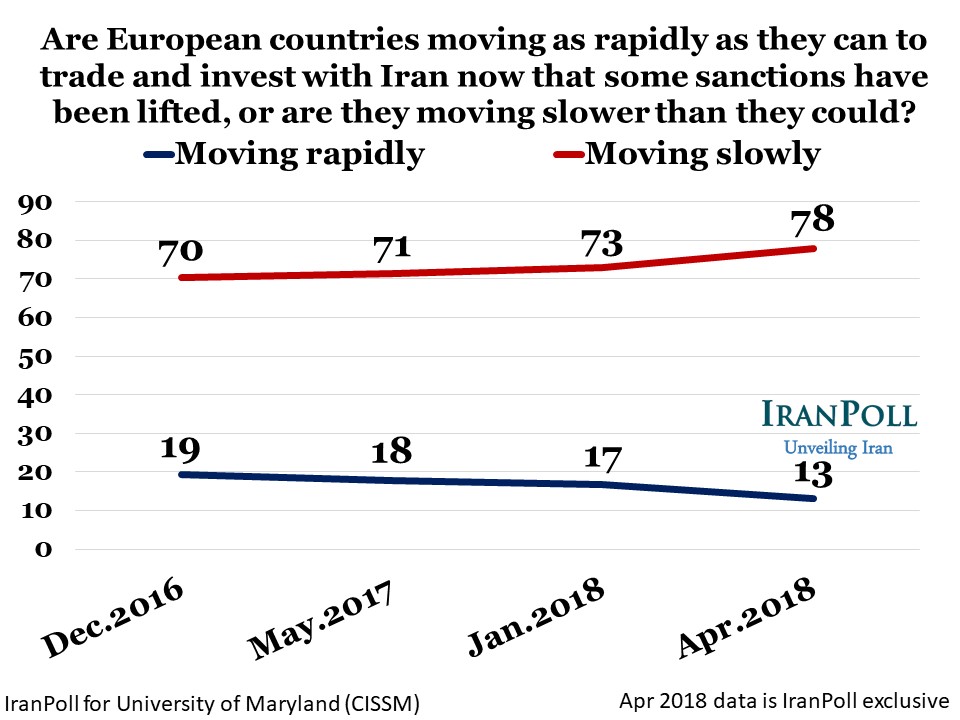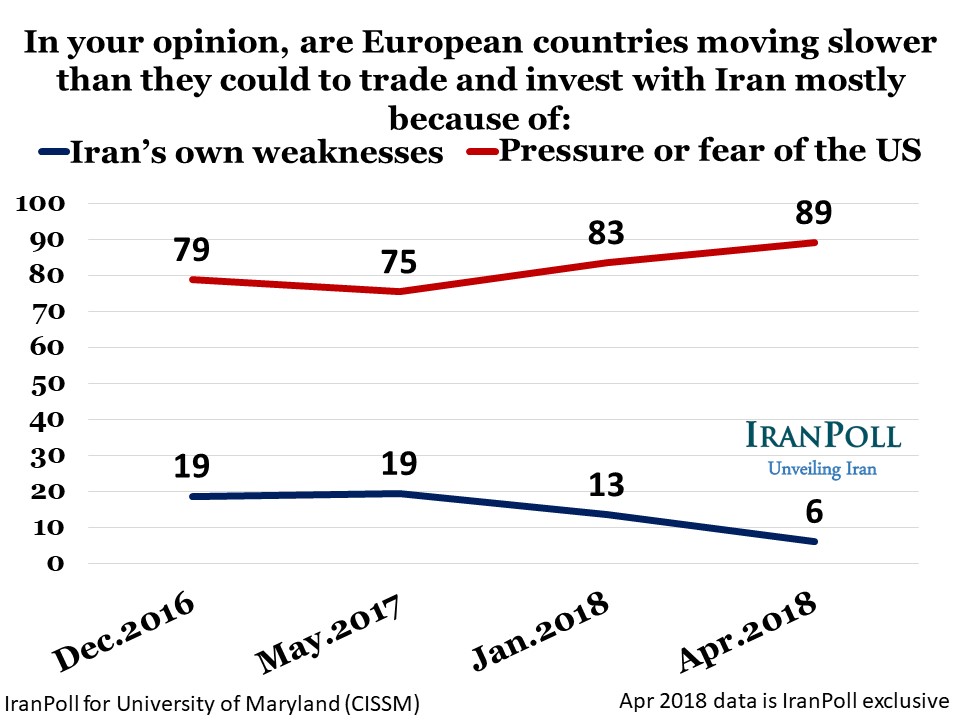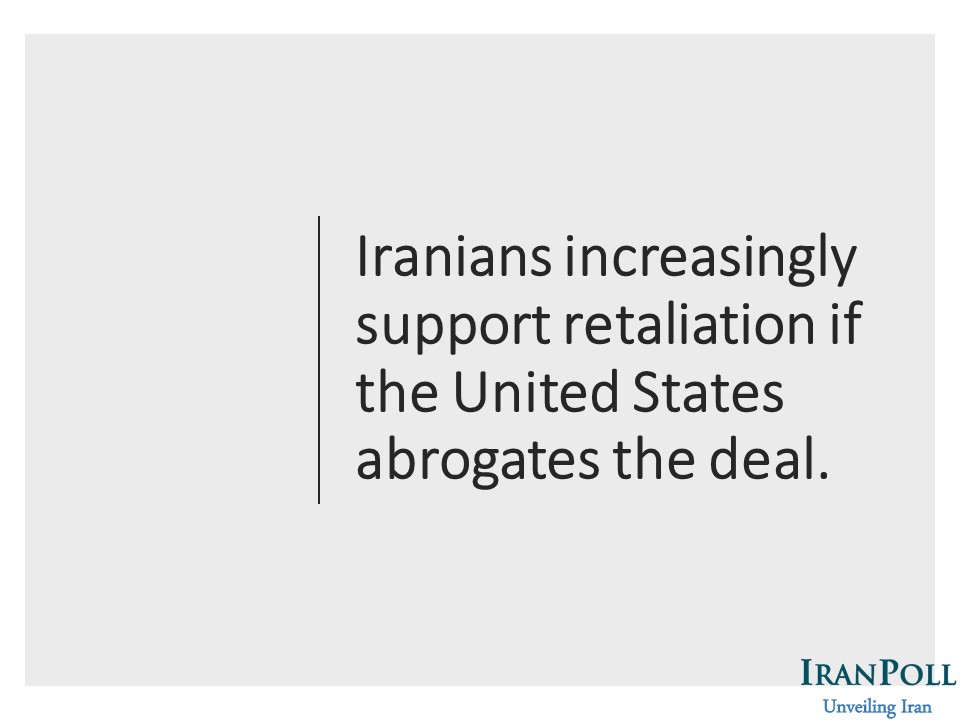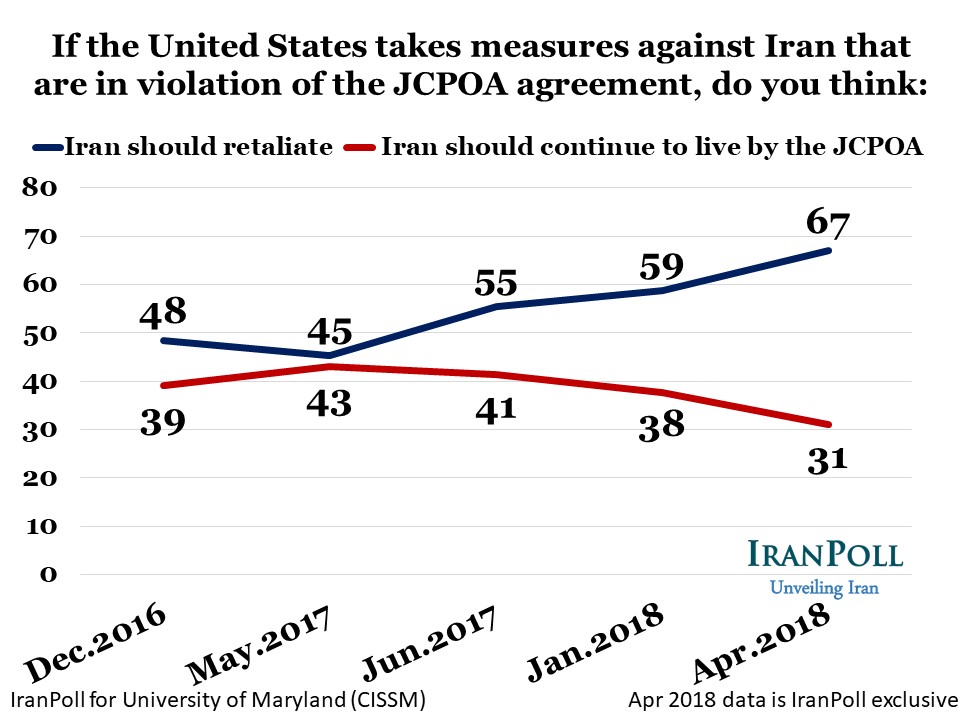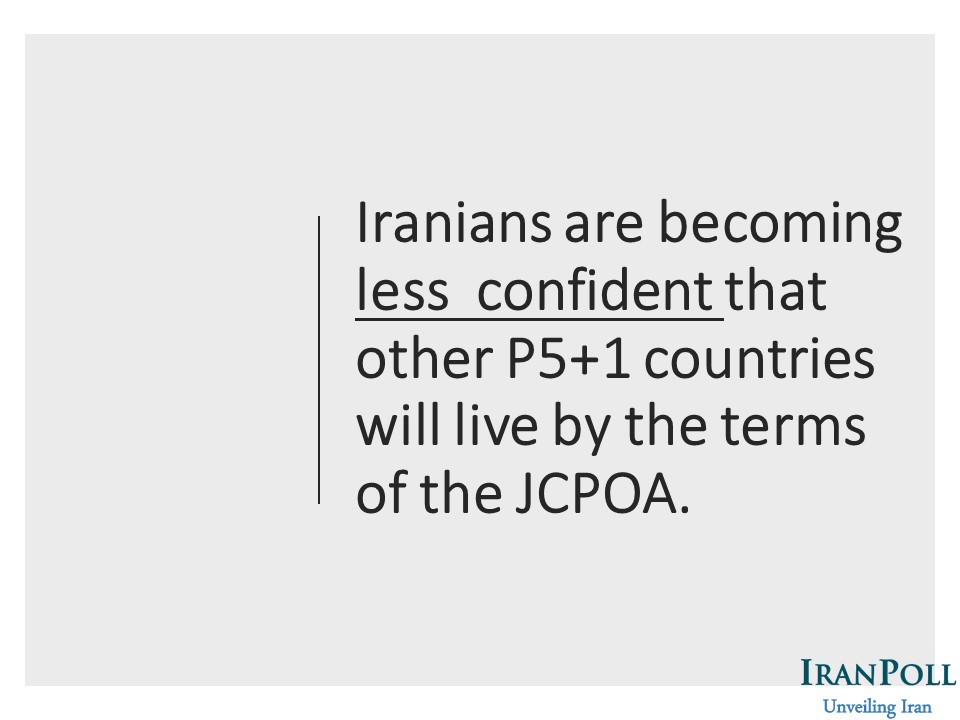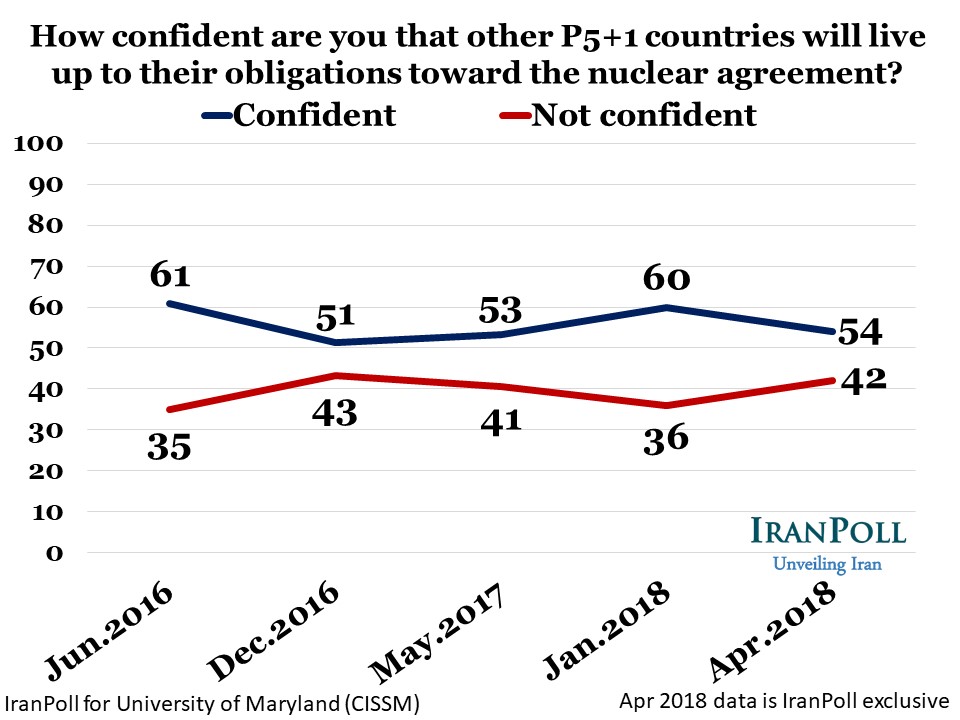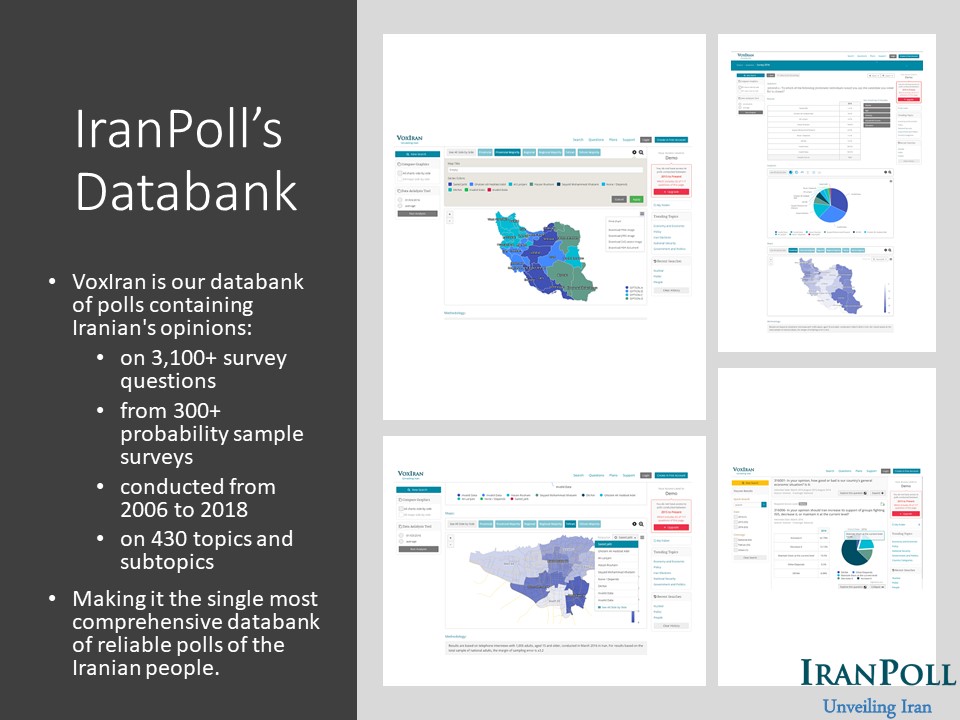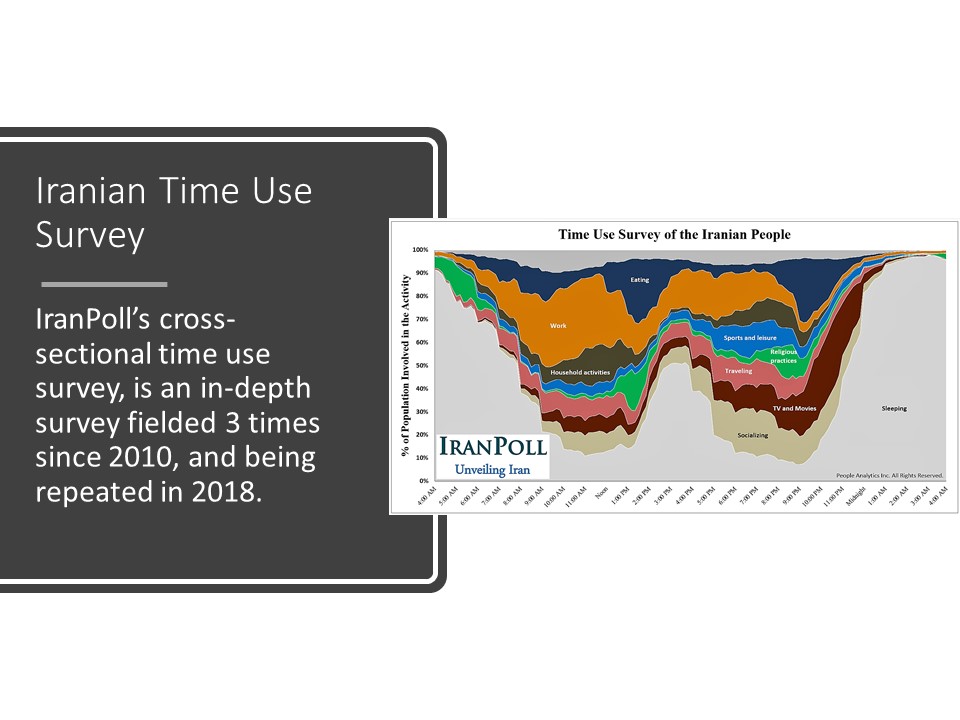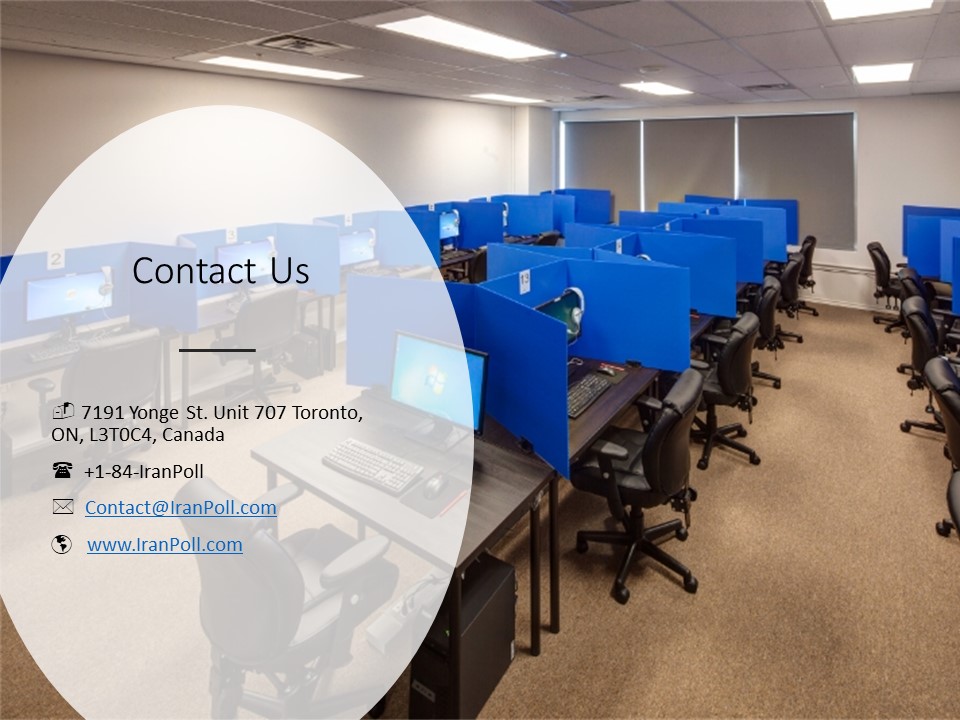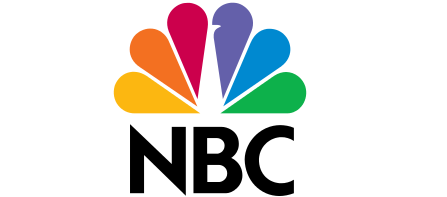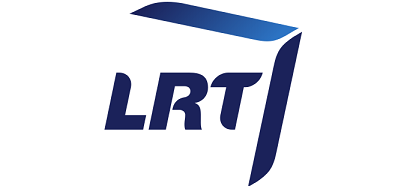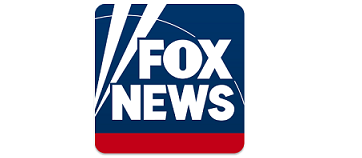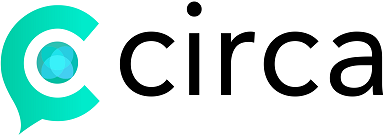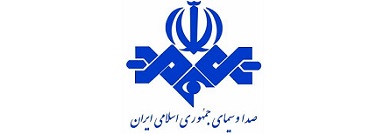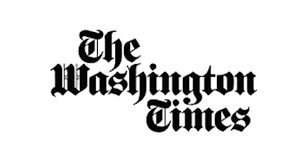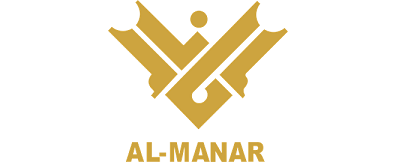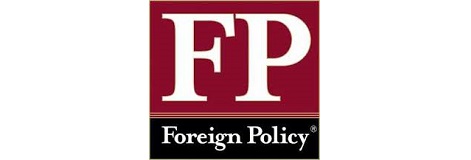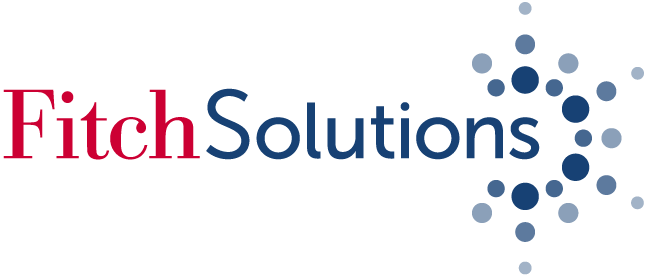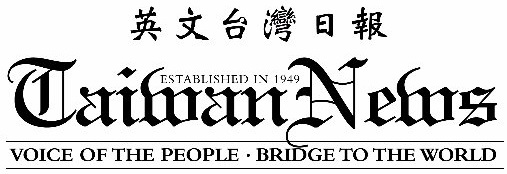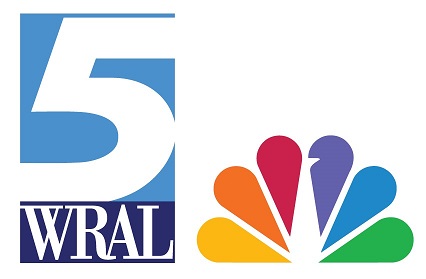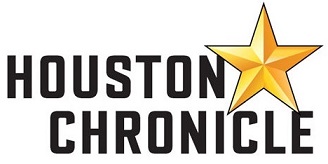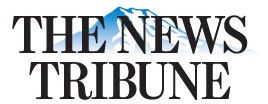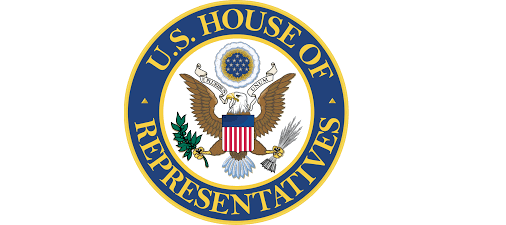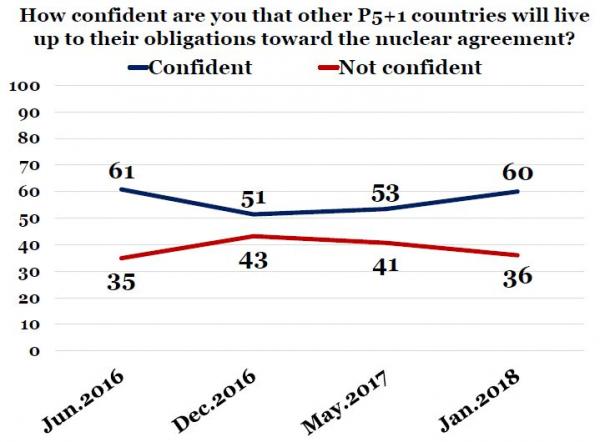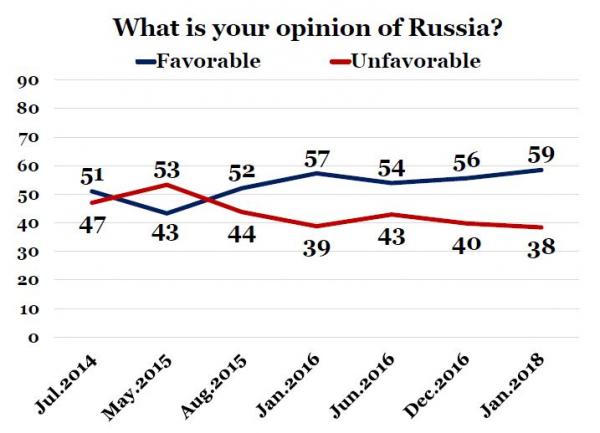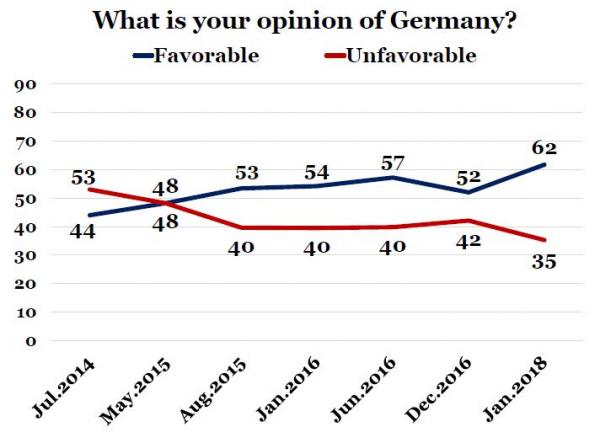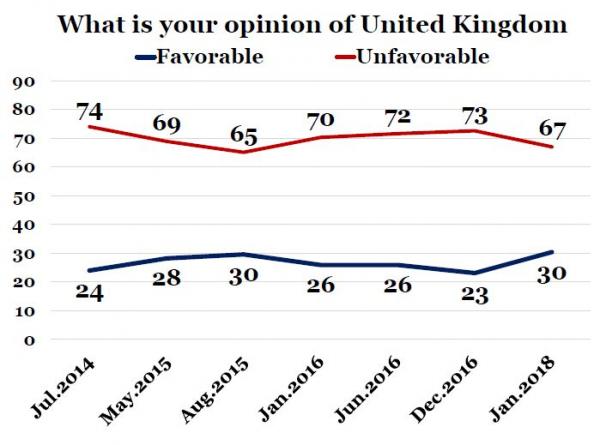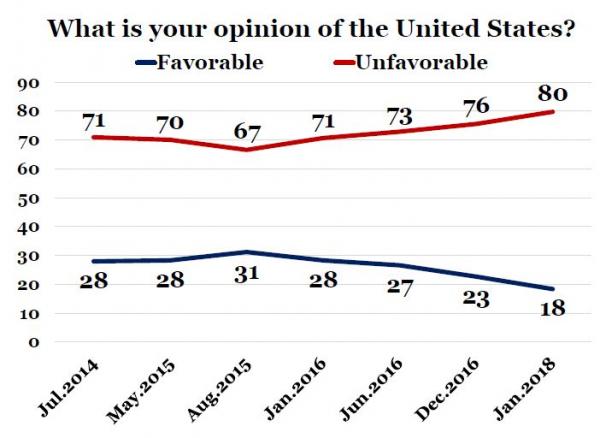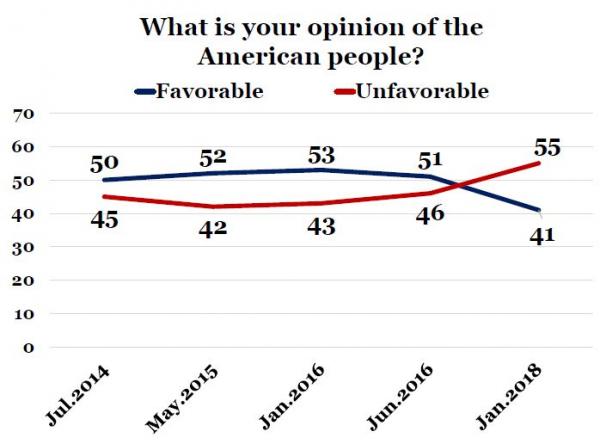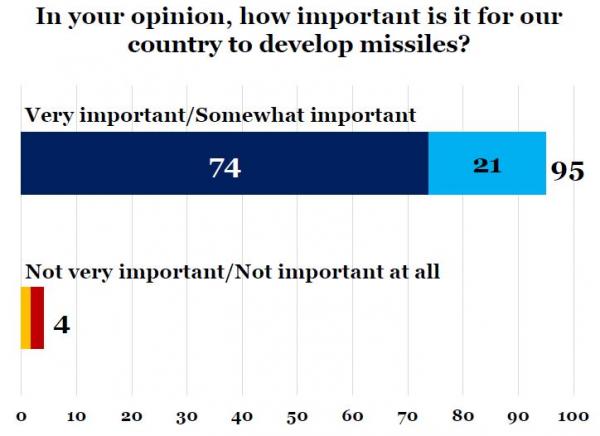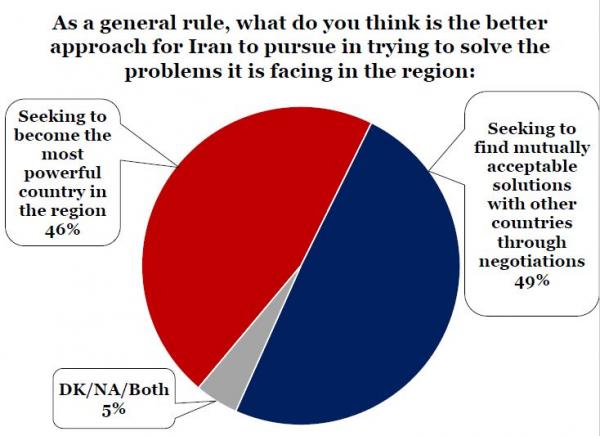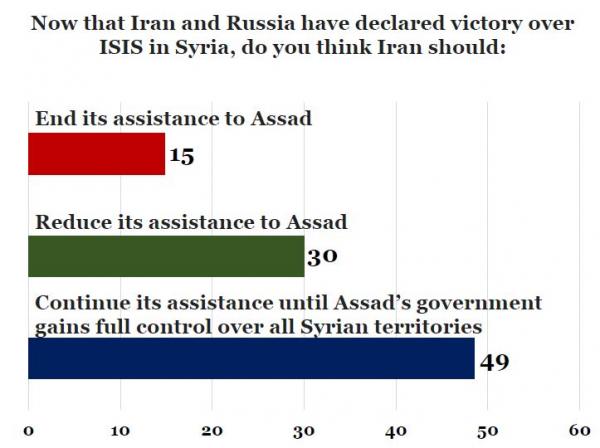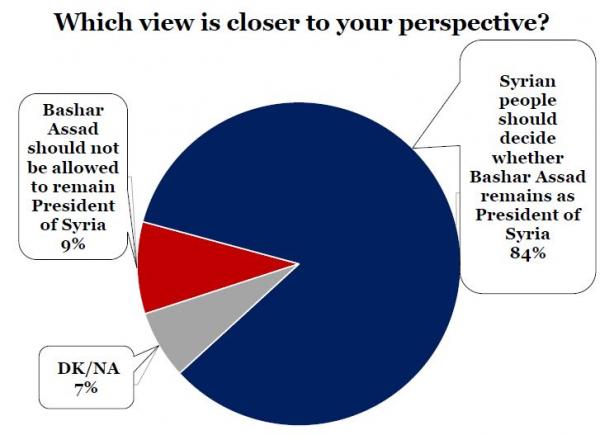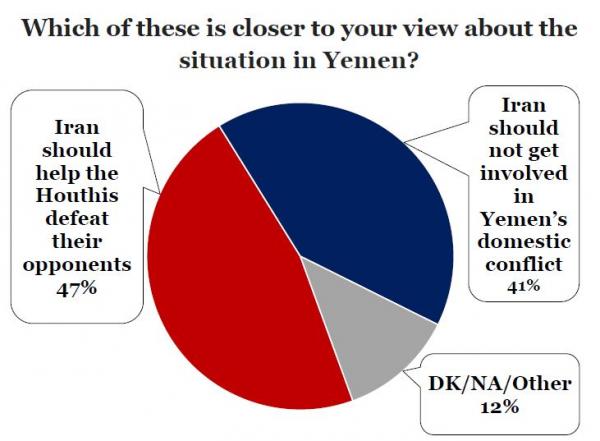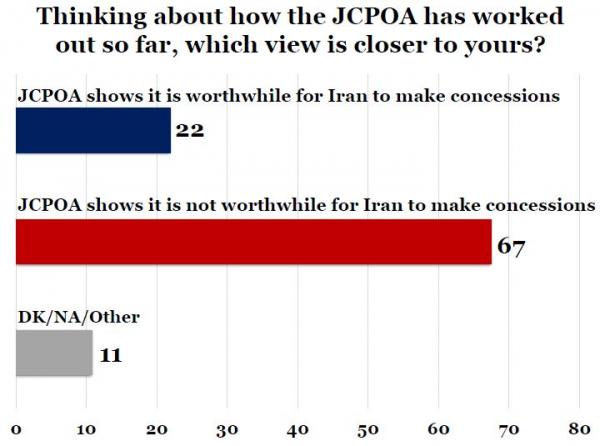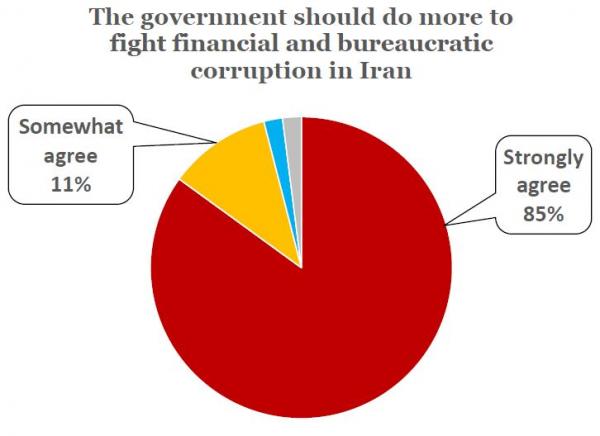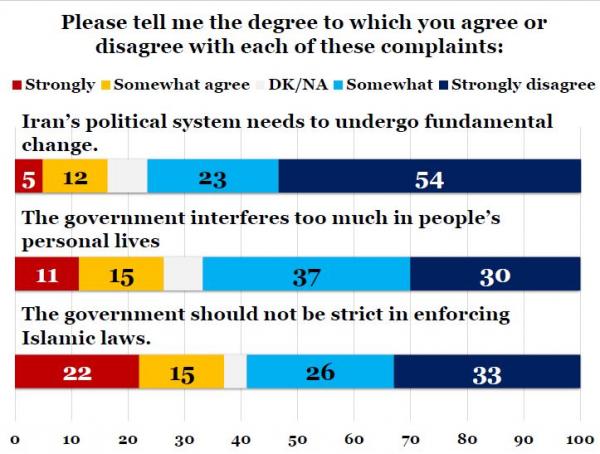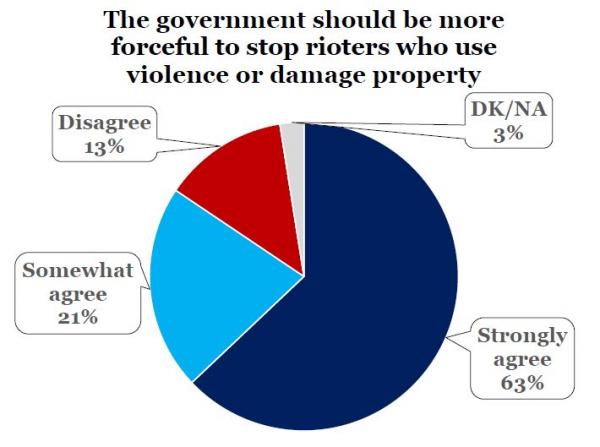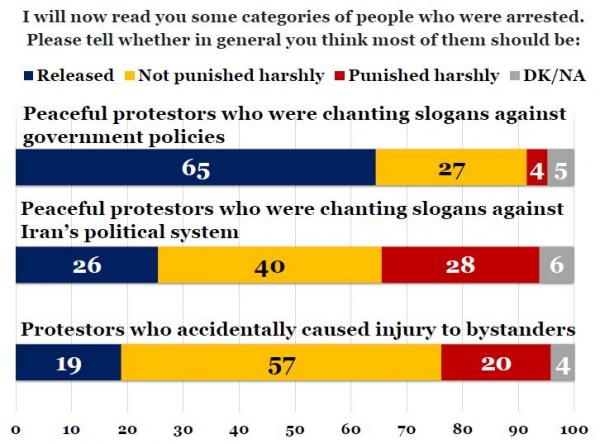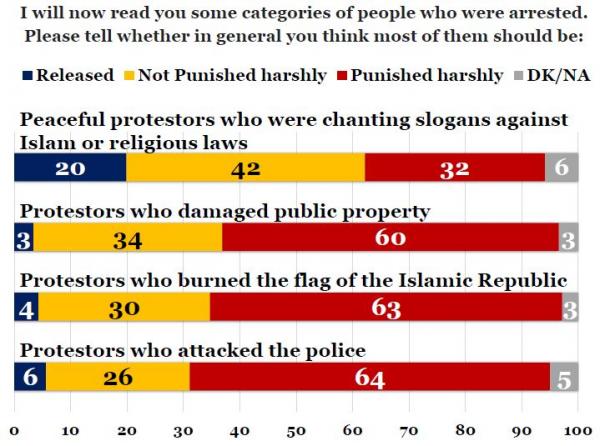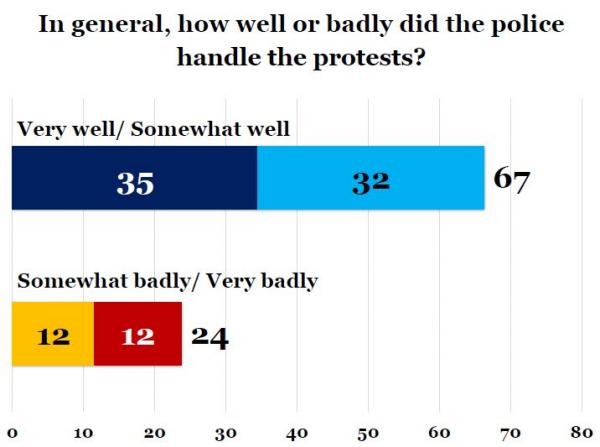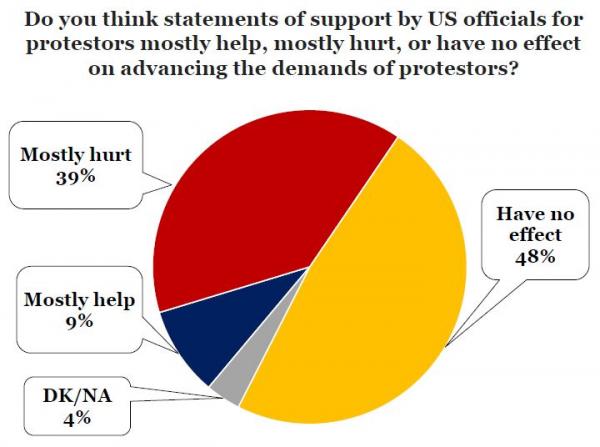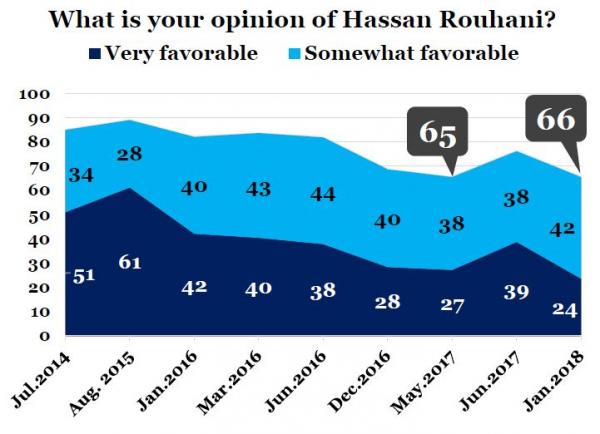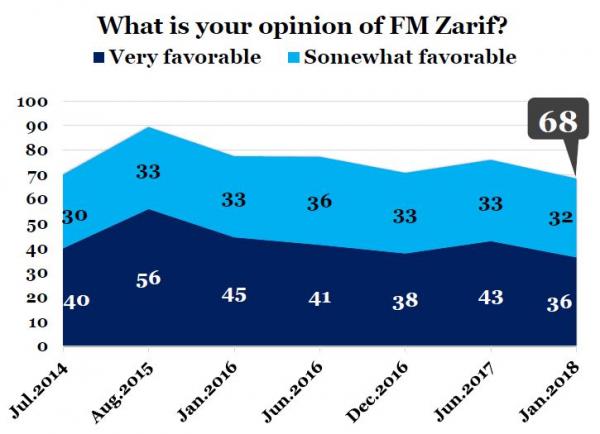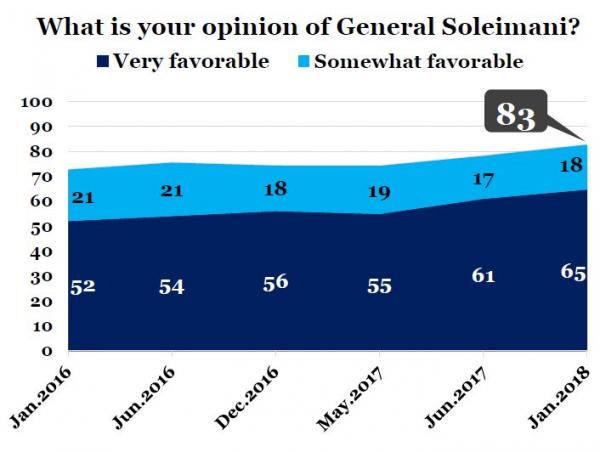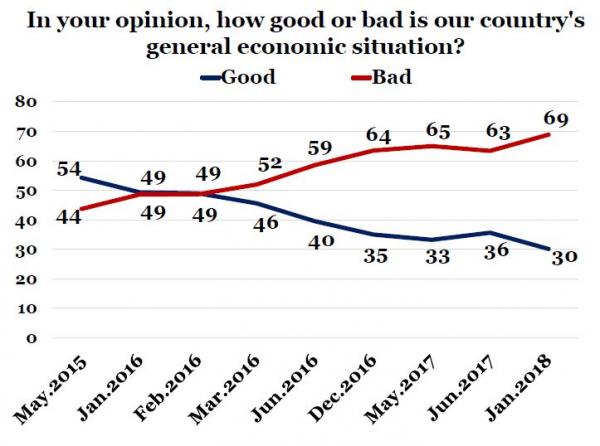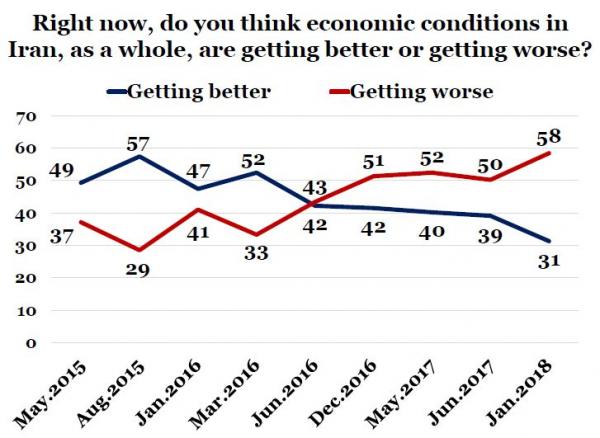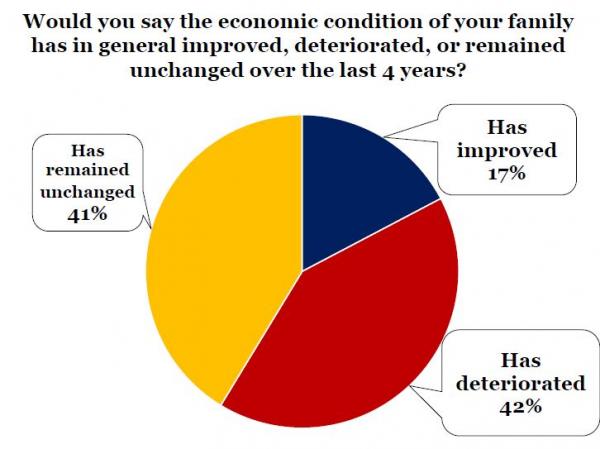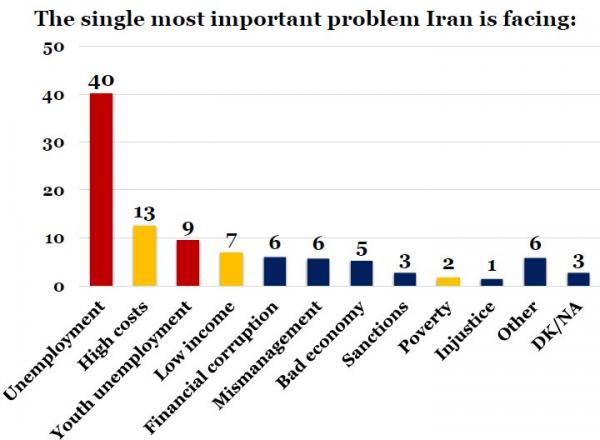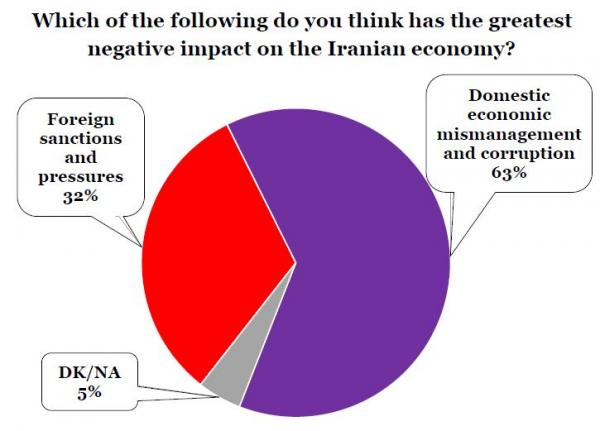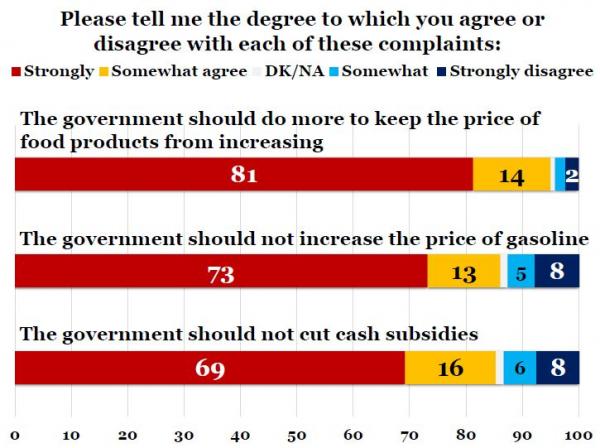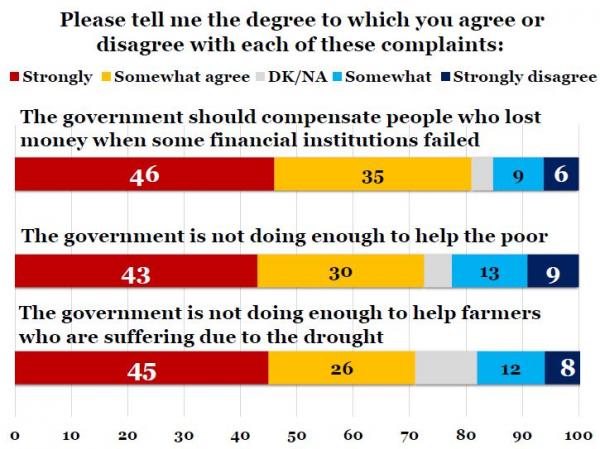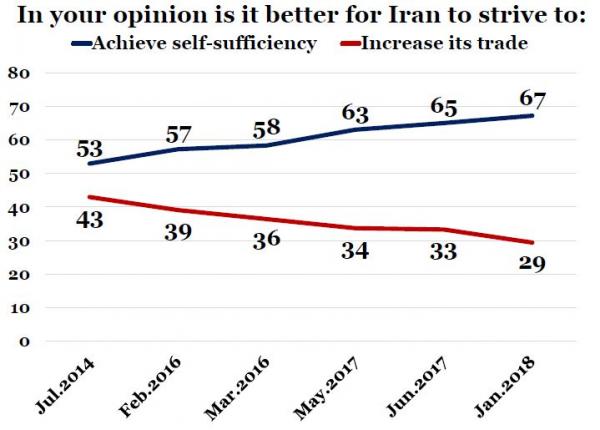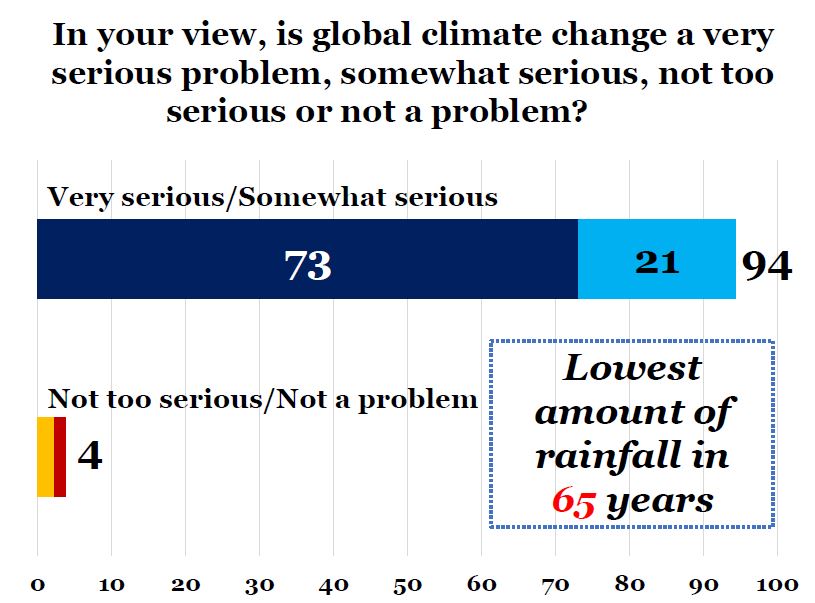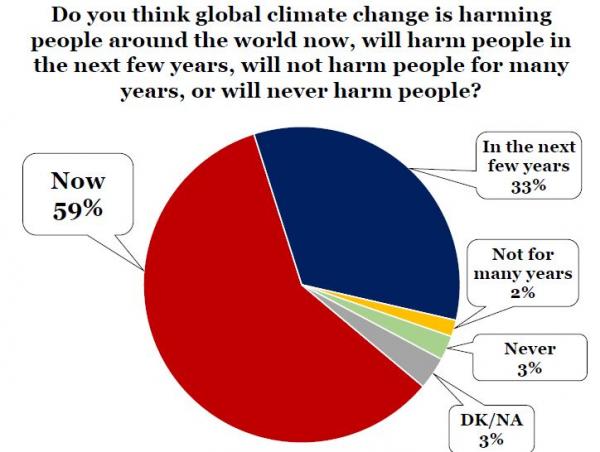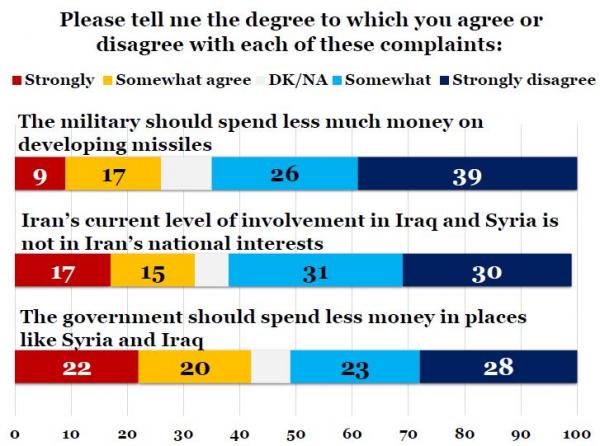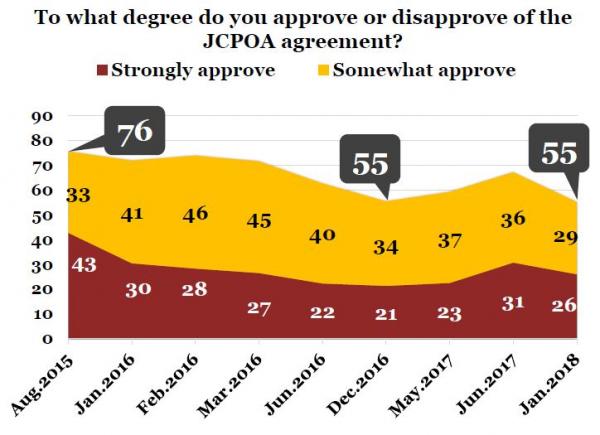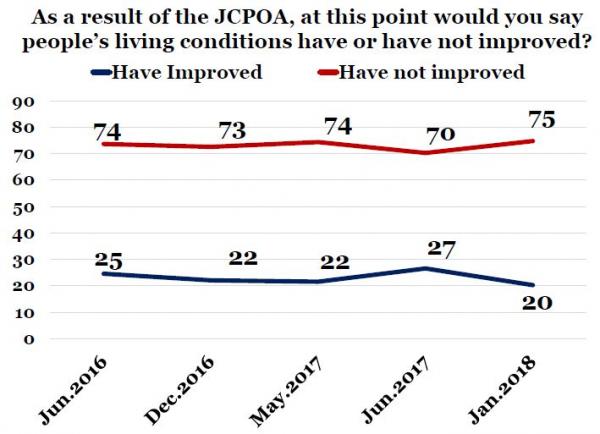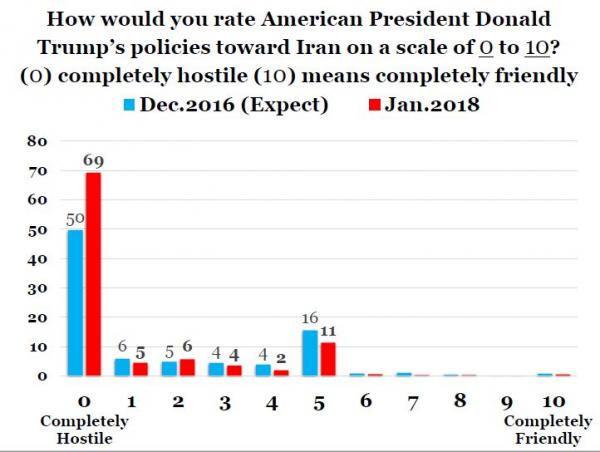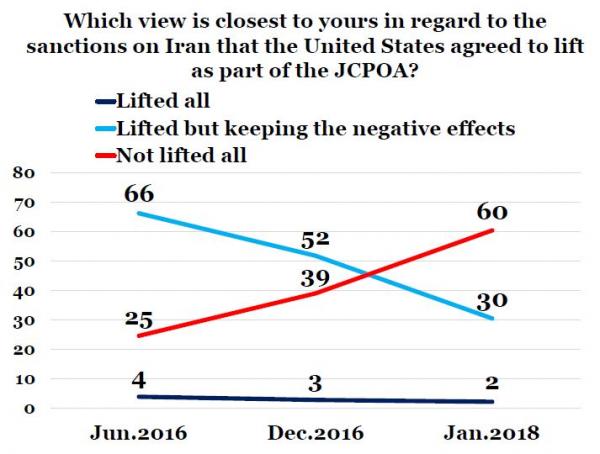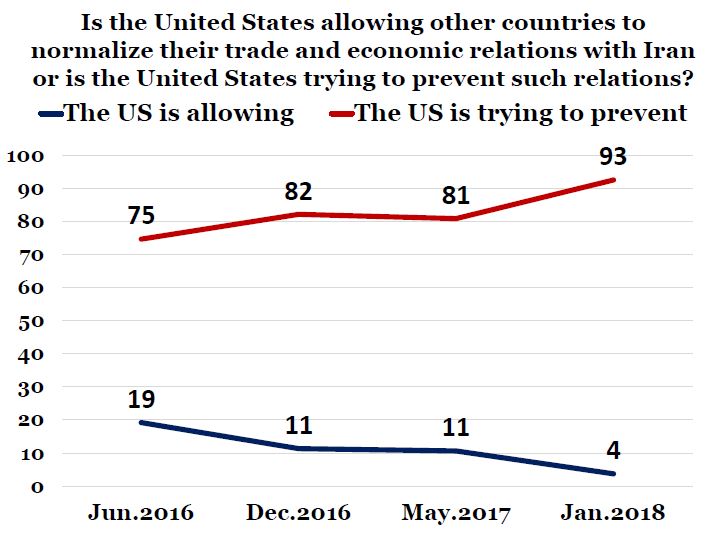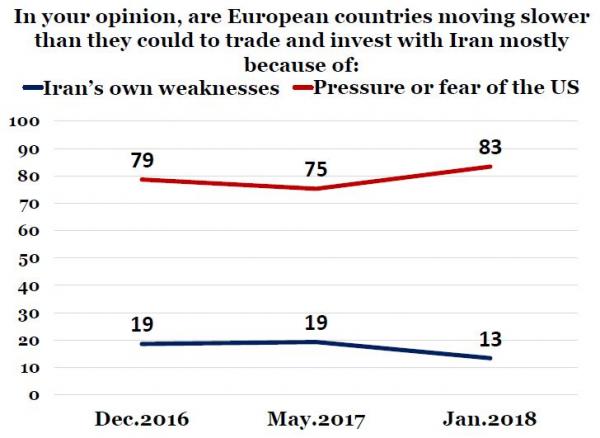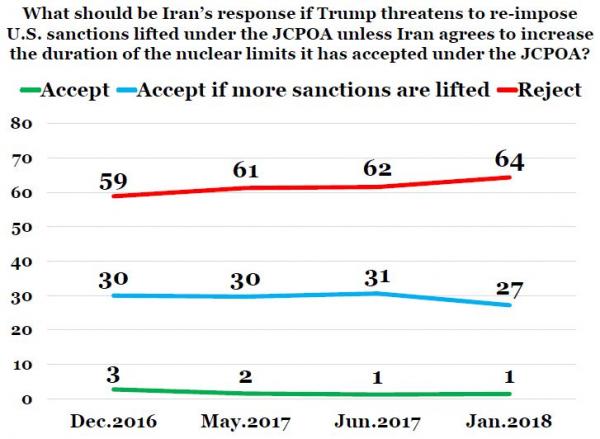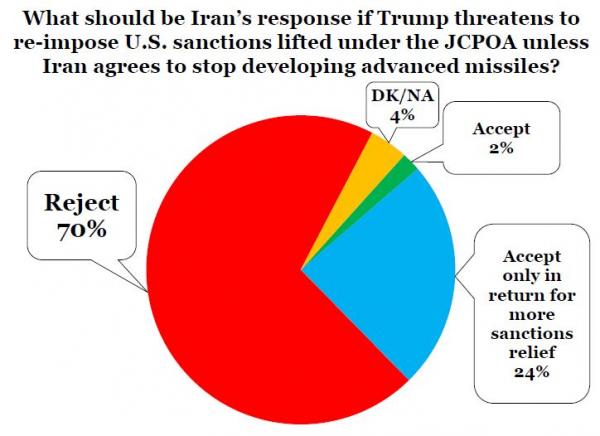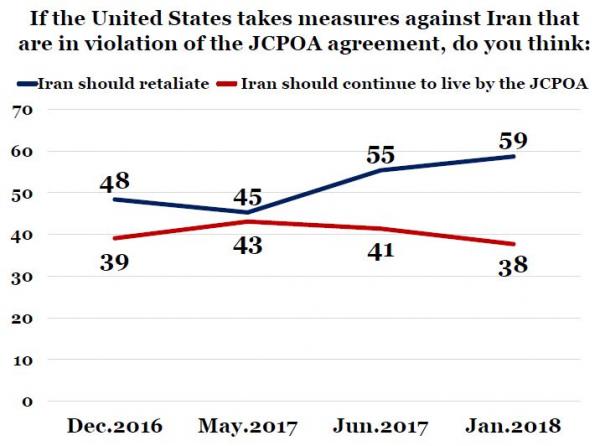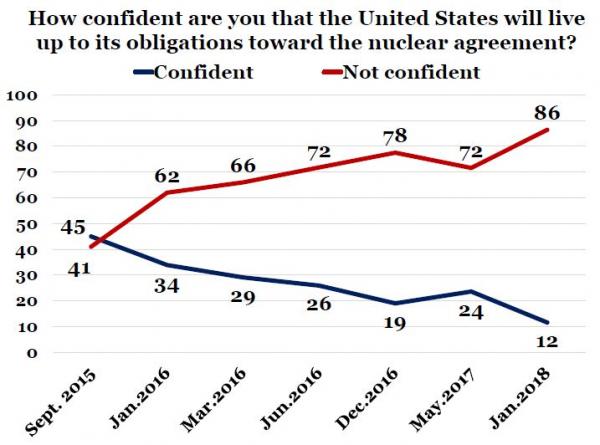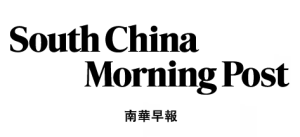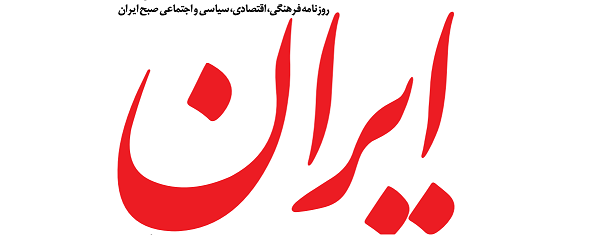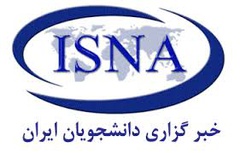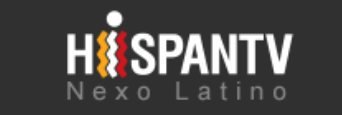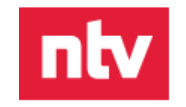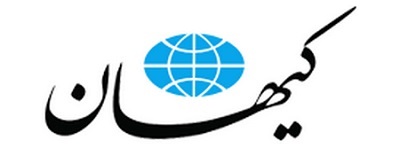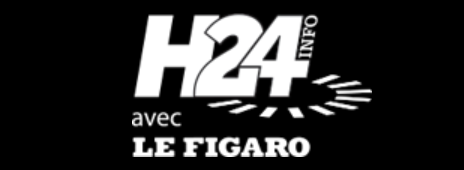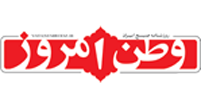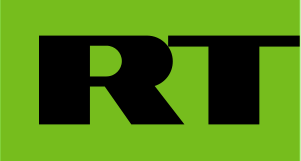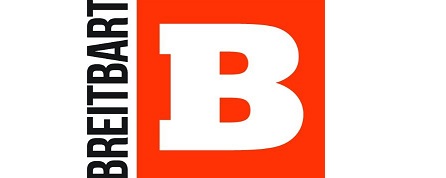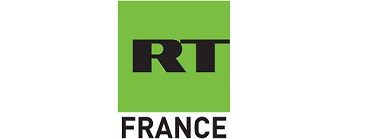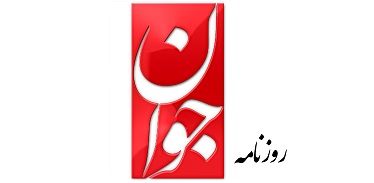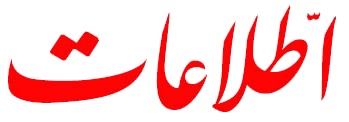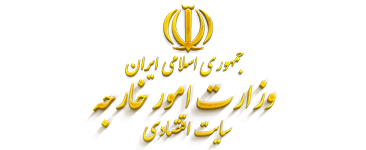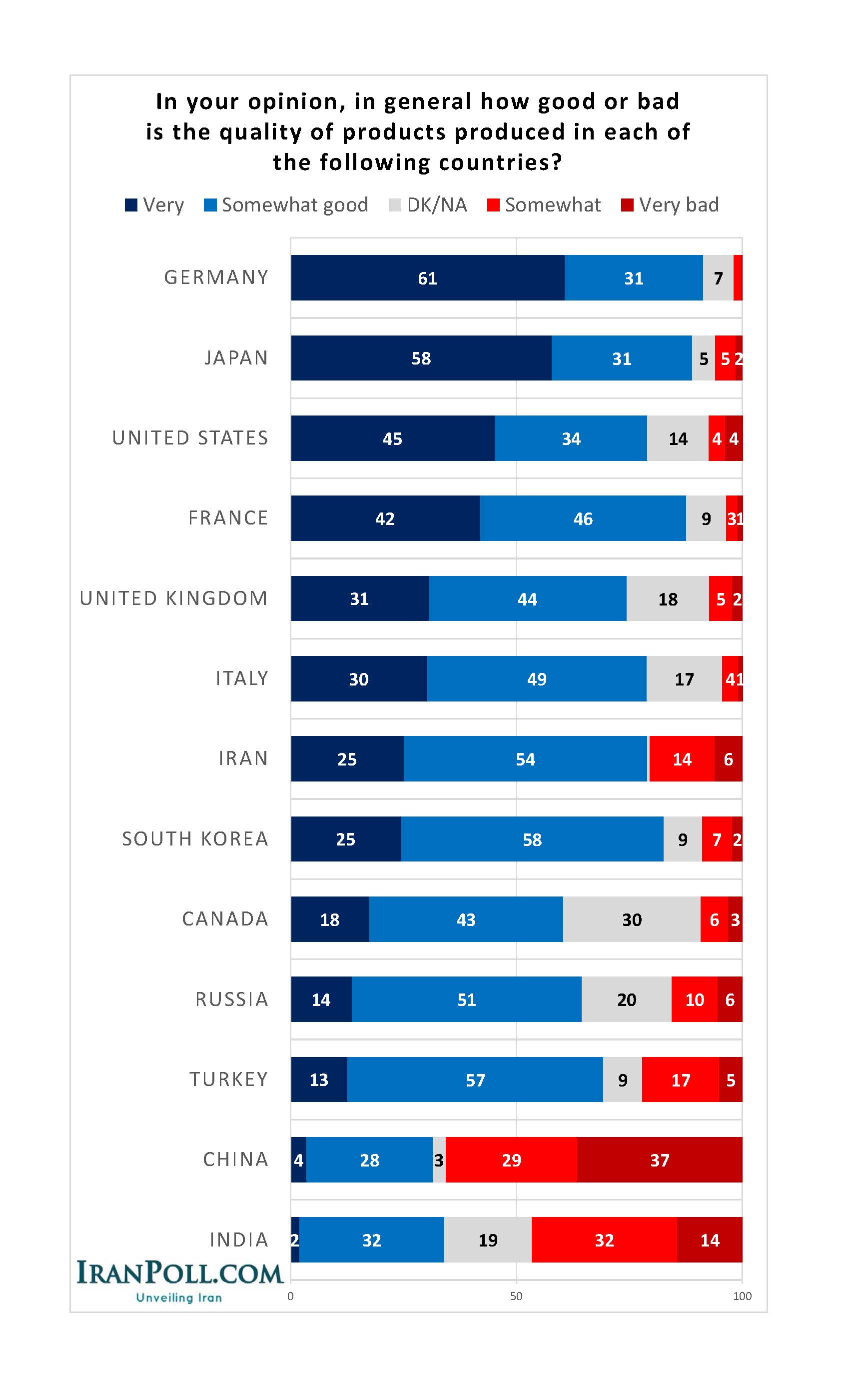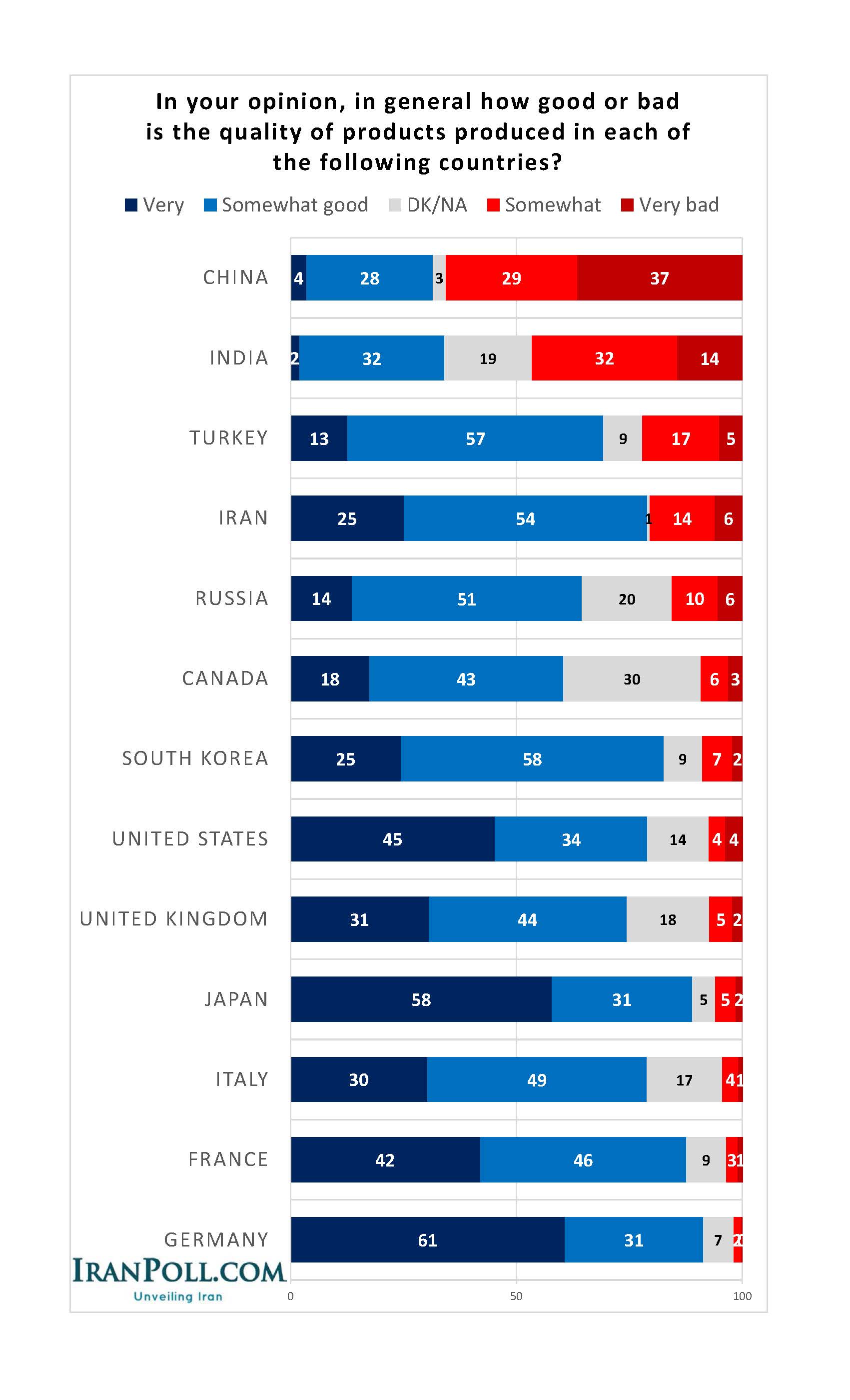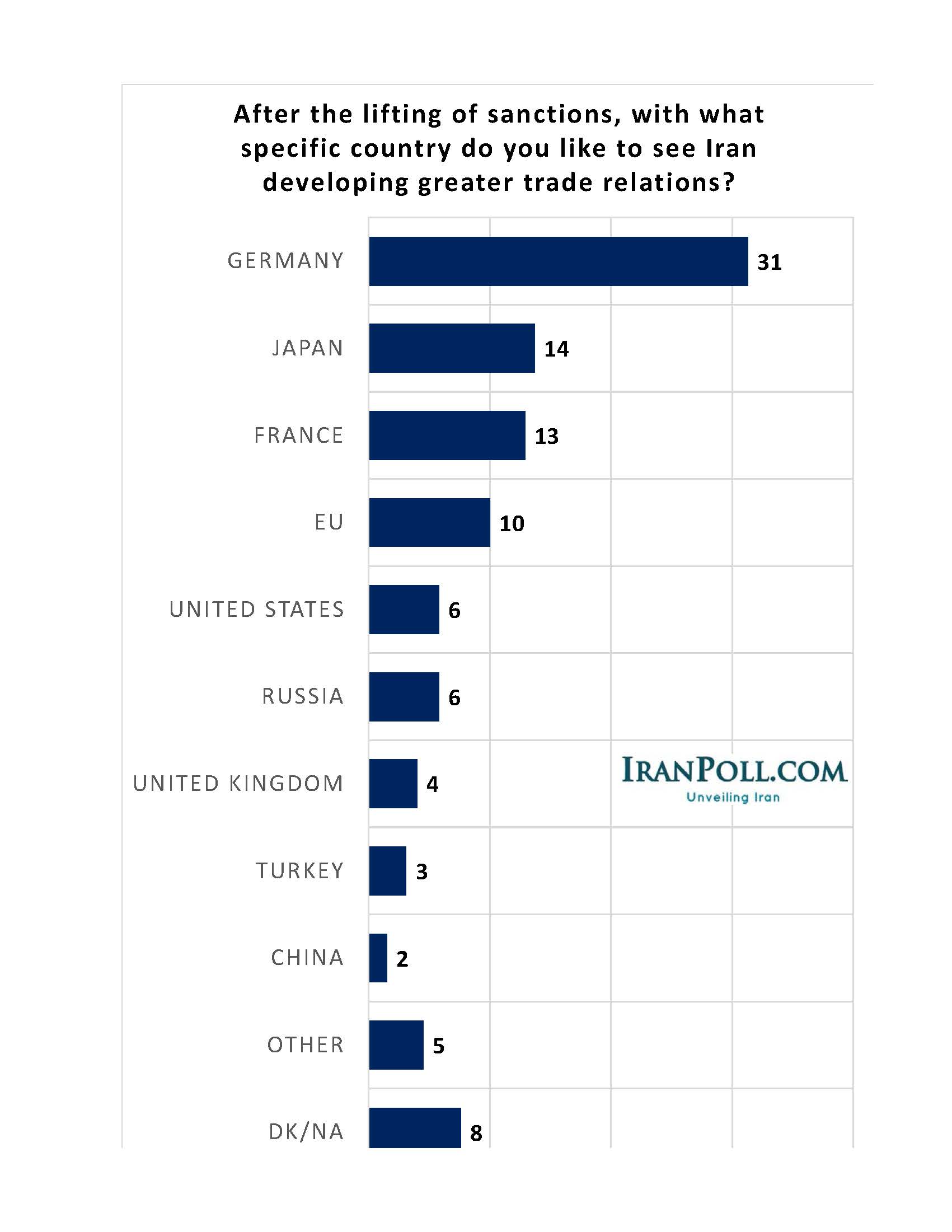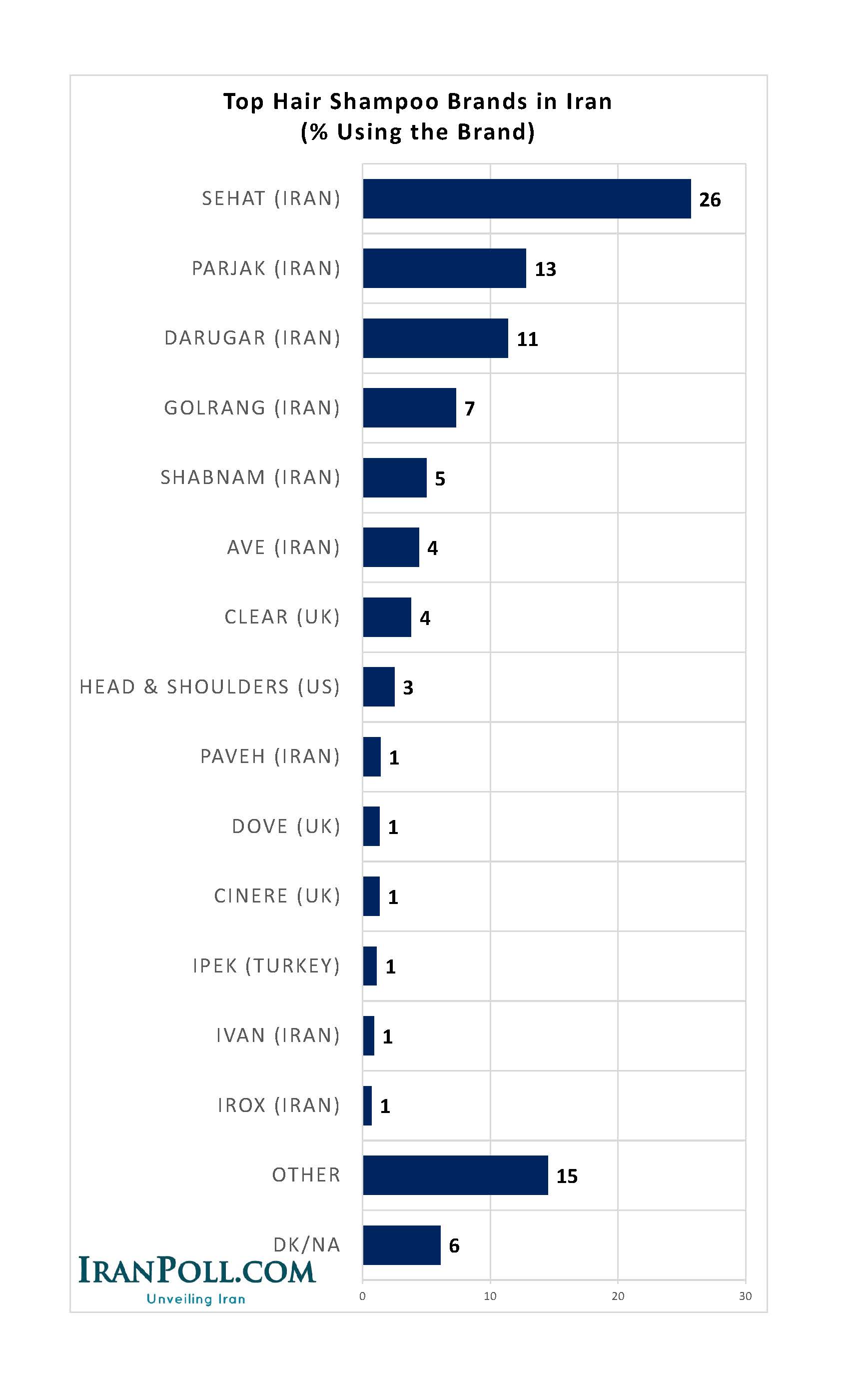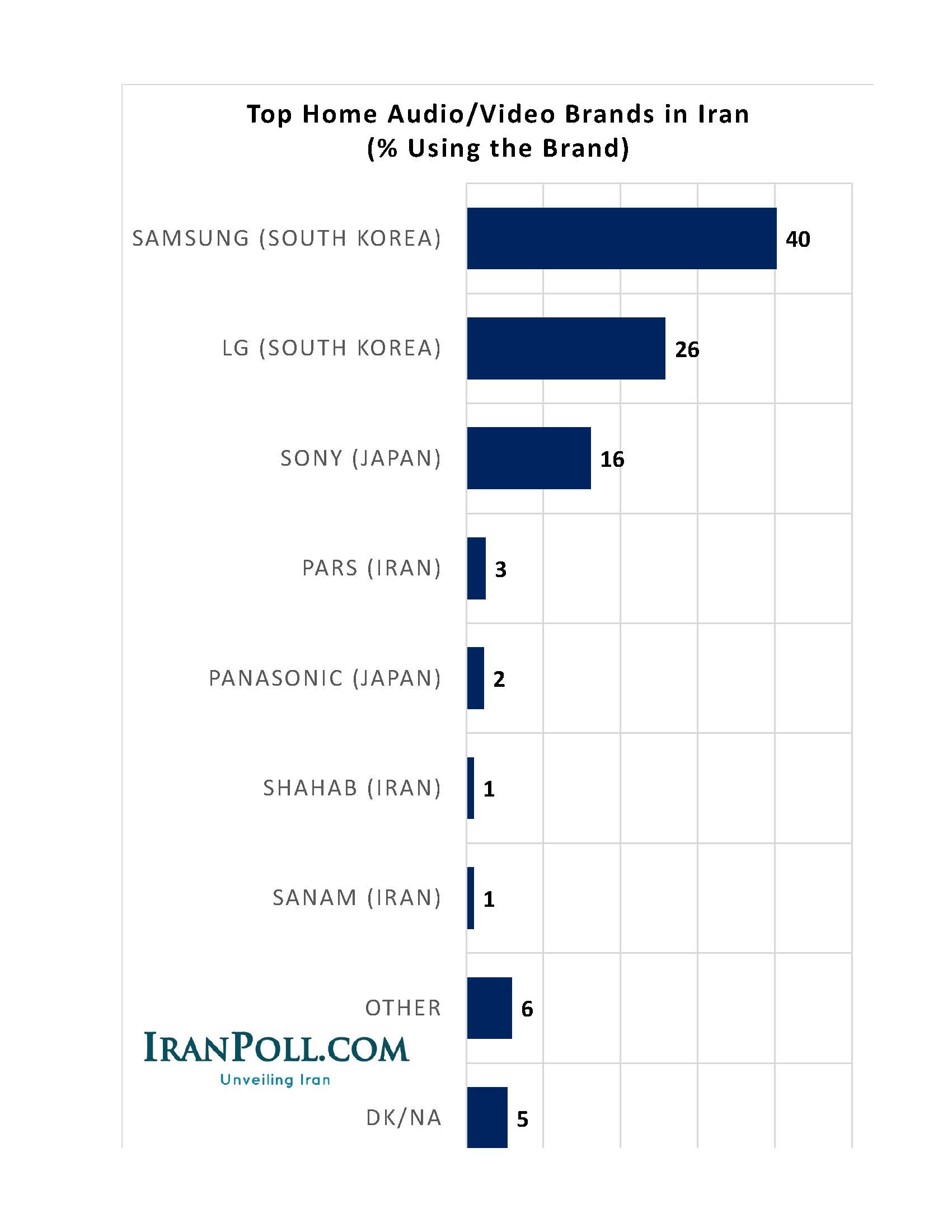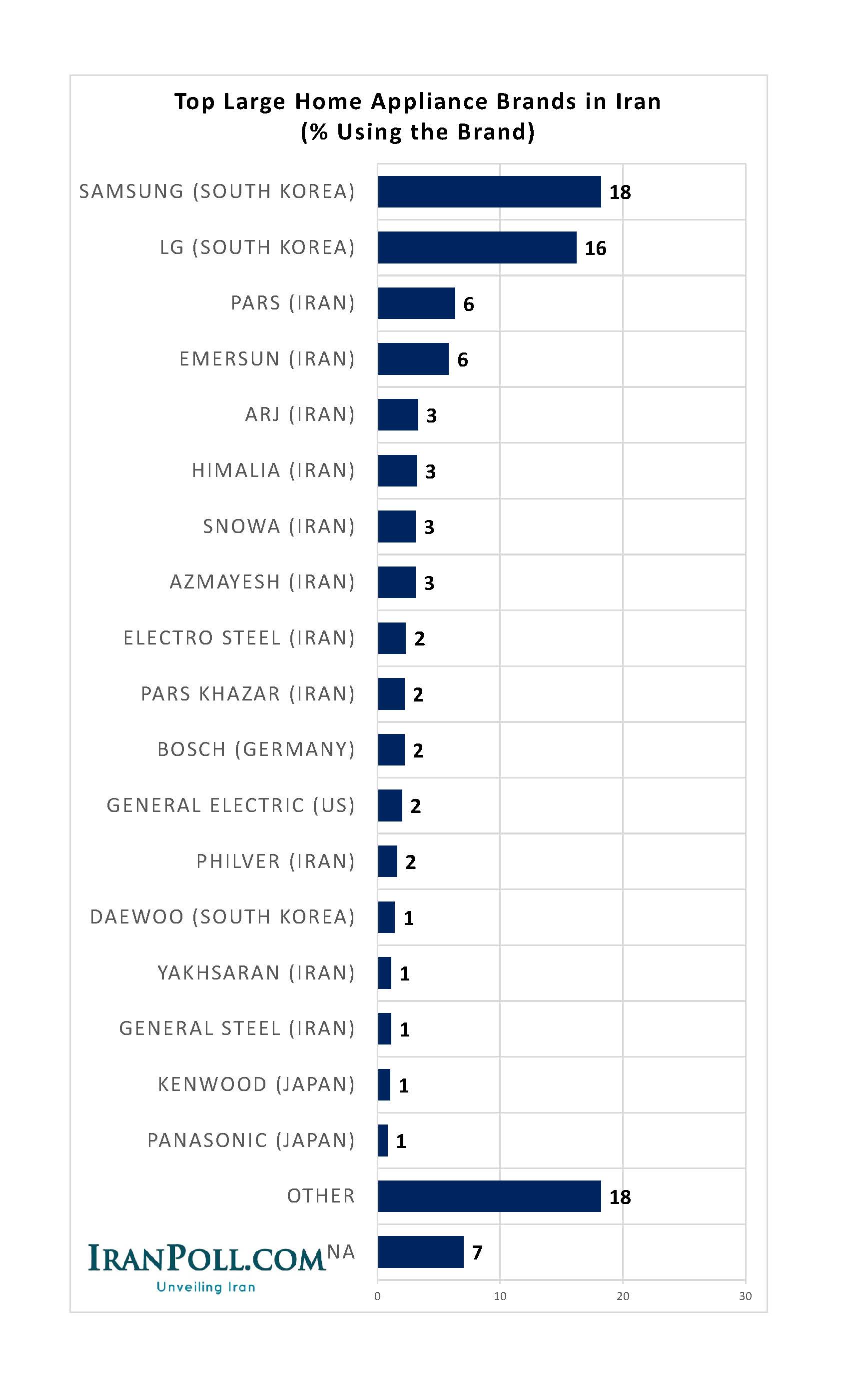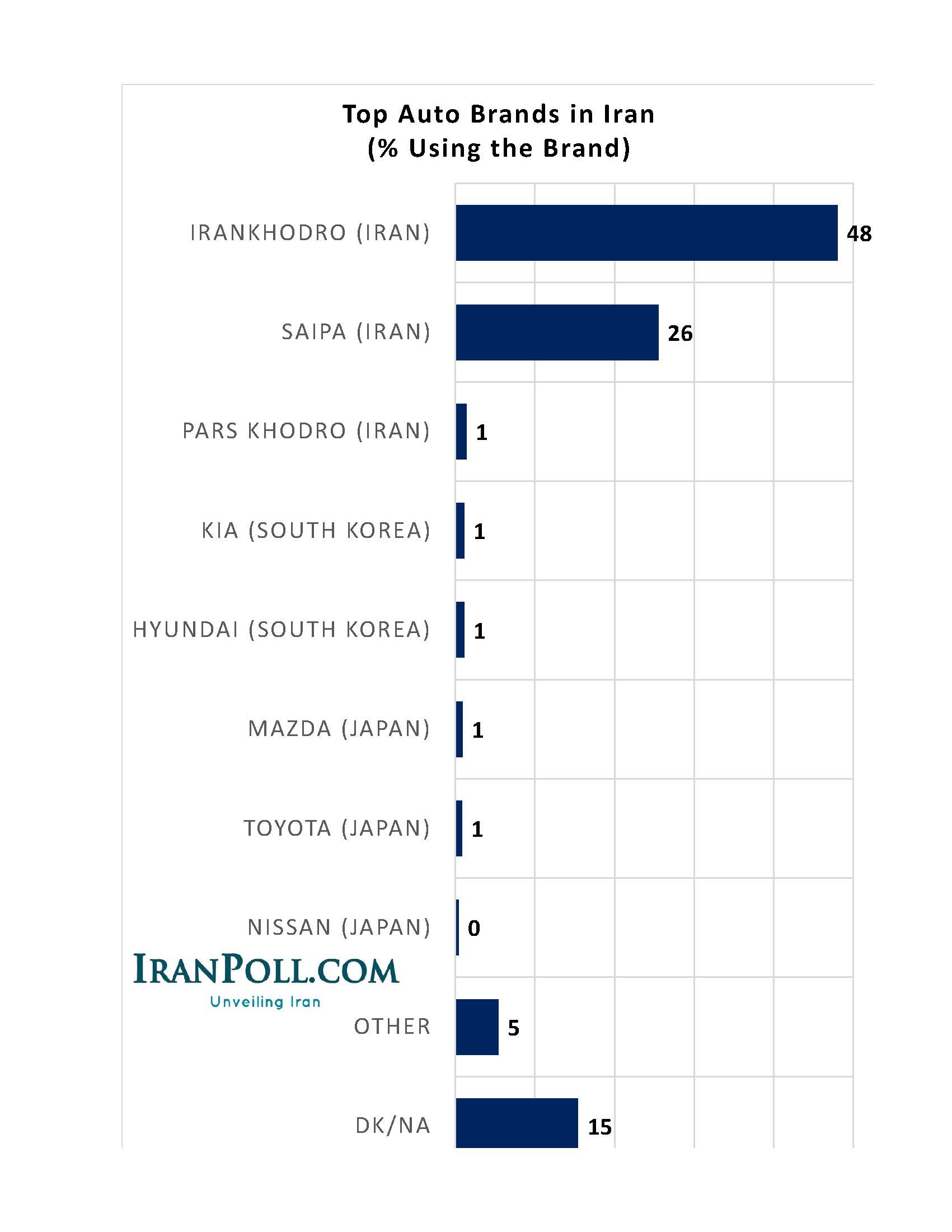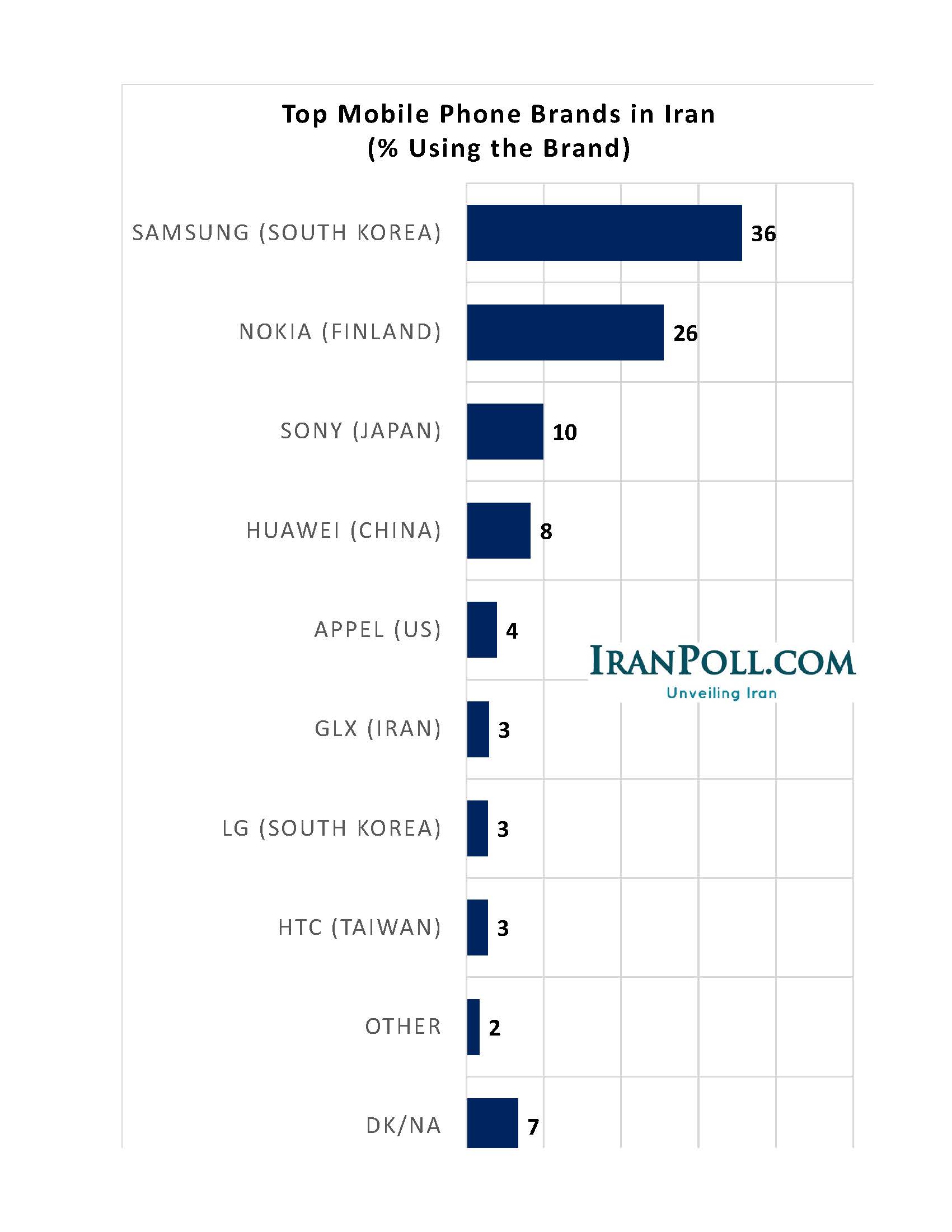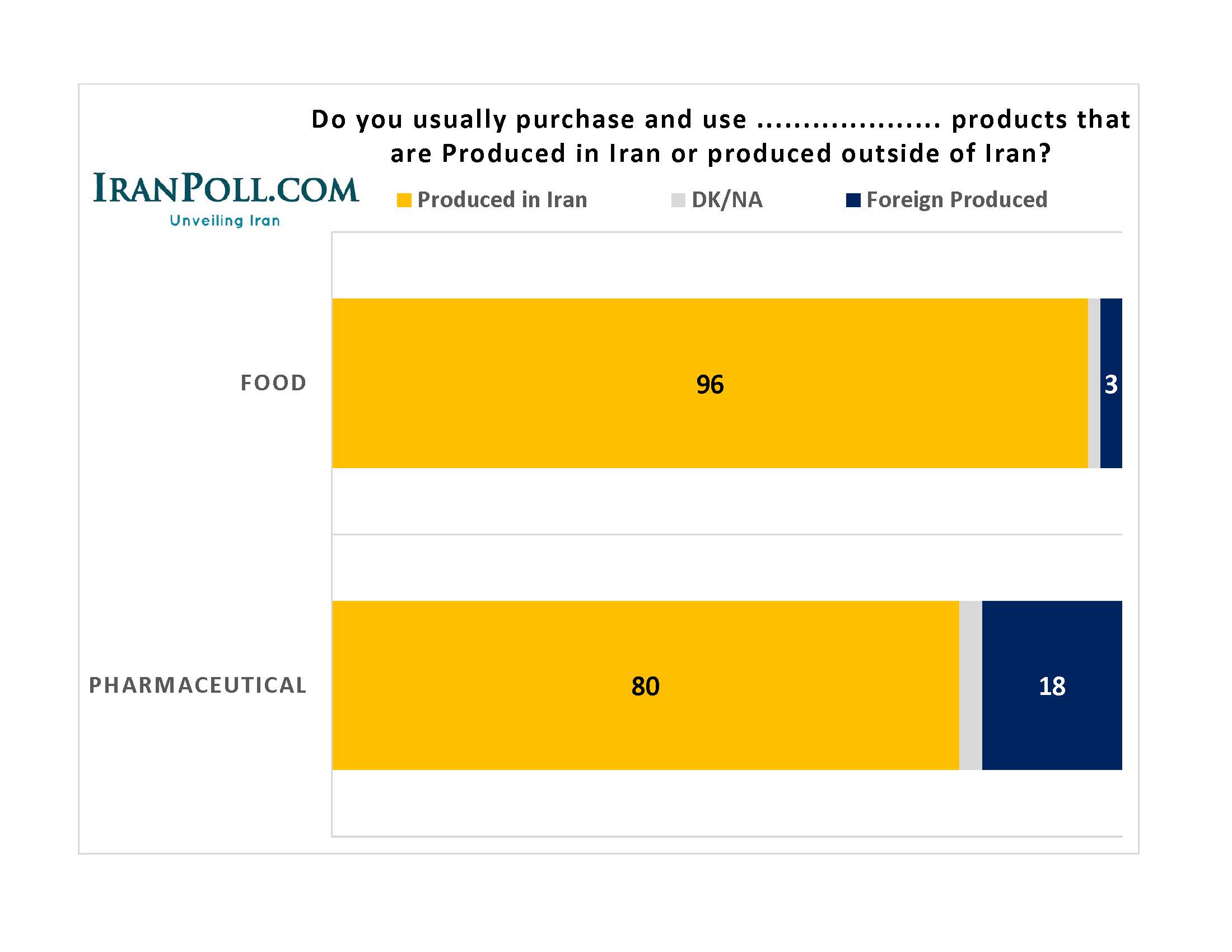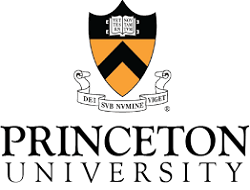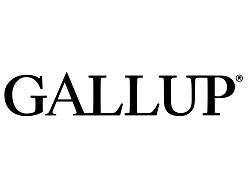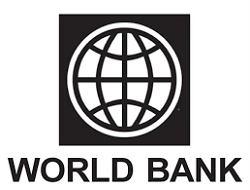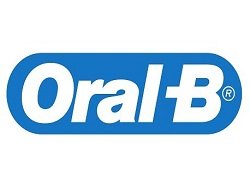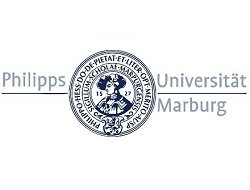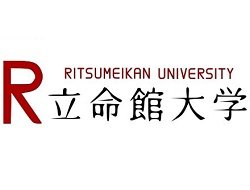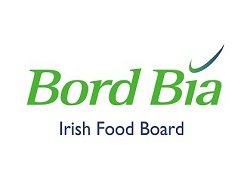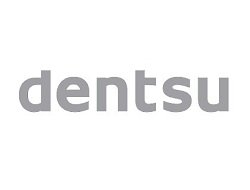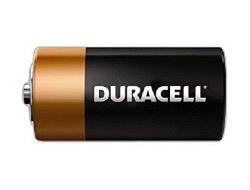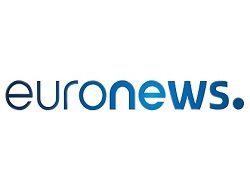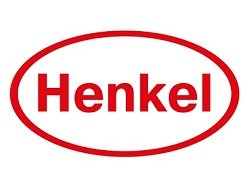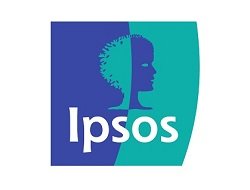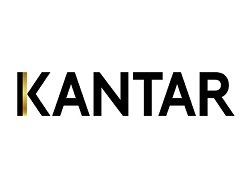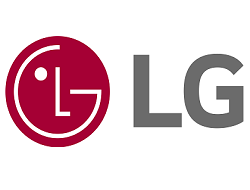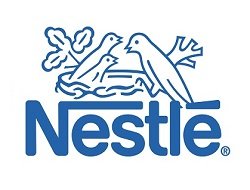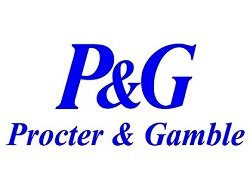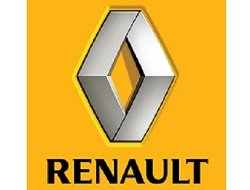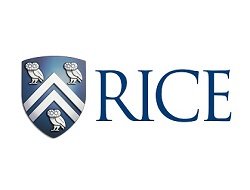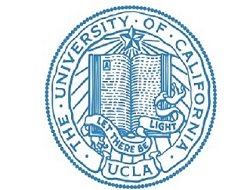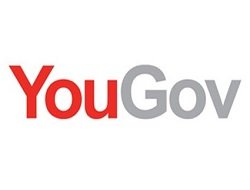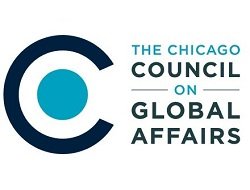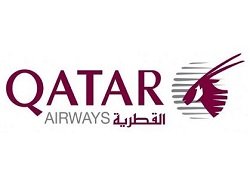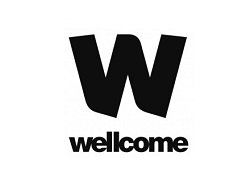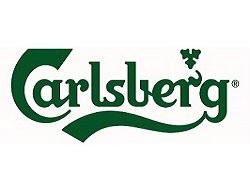Survey also included a comparative question about openness to foreign trade that Pew Research Center has been fielding in 59 countries since 2002. Based on this comparison, Iranians are more open to foreign trade than Americans, French, Japanese, Italians, Russians, and Indians. In addition, Iranians are equally in favor of foreign trade as Canadians and the Swedes.
Survey also found that 90% of Iranians expect a lot more foreign companies making investments in Iran and 58% believe that an increase in import of foreign made goods would be beneficial for Iran's economy. Among various countries with which Iran can develop its trade relations, Germany is the most favored. In total, 61% like to see Iran developing greater trade relations with European countries.
The survey shows considerable opening to multinational companies considering to enter Iranian’s market. Iranians give high marks to German and Japanese goods. An overwhelming majority (91%) of Iranians believe that Germany produces high quality goods (91%), followed closely by Japan (89%), France (88%), South Korea (83%), USA (79%), Italy (79%), and the UK (74%). Chinese and Indian products get the lowest quality ratings from Iranians; with two in three (66%) Iranians believing that the quality of Chinese goods is at least “somewhat bad” and a plurality (46%) regarding Indian goods to be of inferior quality.
The survey finds cosmetics to have the most crowded competition with Iranian consumers naming a total of 107 distinct cosmetic brands from 25 different countries. In this study, Iranians named a total of 434 distinct brands from across 15 major sectors, including Food, Hair Products (64 brands from 7 countries), Audio-Video Products (31 brands from 10 countries), Large Home Appliances (87 brands from 13 countries), Small Home Appliances (67 brands from 14 countries), Cosmetics (107 brands from 25 countries), Automobile (25 brands from 9 countries), Motor Oil (18 brands from 5 countries), Clothing (from 16 countries), Cellphones (33 brands from 11 countries), and Pharmaceuticals.
The study find that Iran’s hair products market is dominated by five Iranian brand of Sehat (26%), Parjak (13%), Garugar (11%), Golrang (7%), and Shabnam (5%). Yet, Iran’s home Audio/Video market is dominated by the two South Korean brands of Samsung (40%) and LG (26%) followed by Japan’s Sony (16%). While Iran’s large home appliances market is not captured by any one brand, South Korean brands of Samsung and LG do the best in that market as well. Samsung is named by 18% of the respondents and LG is named by 16%.
Iran’s mobile phone market has many major players. South Korea’s Samsung does best with 36% of Iranians saying that they use a Samsung mobile device. Following Samsung, Finland’s Nokia (26%), followed by Japan’s Sony (10%), China’s Huawei (8%), America’s Apple (4%), Iran’s GLX (3%), South Korea’s LG (3%), and Taiwan’s HTC (3%) are the most used mobile phone brands. Finally, Iran’s auto market is fully dominated by two Iranian car producer with 48% of Iranians driving IranKhodro and 26% driving SAIPA.
In response to the findings, Dr. Ebrahim Mohseni, Research Scholar at the University of Maryland said: “While Iranians regard products from countries like Germany, France, and Japan to be of higher quality, the reality is that due to their long absence from Iran’s market, producers in these countries have lost touch with Iranian consumers and would face significant competition from those who have become firmly established during their years of absence.”
Speaking about these results and the opportunity for foreign companies, Dr. Amir Farmanesh, CEO and co-founder of IranPoll.com said: “As the results of our survey show, Iranians are more open to foreign trade than Americans, French, Japanese, Italians, Russians, and Indians. Iran’s favorable demographics and energy reserves data, and its people’s openness to international trade, demonstrates long-term market potential for foreign firms. For the managers of international companies, it is now the time to plan ahead, and prepare for the opportunities and challenges of Iran's lucrative, largely unexploited, and indeed complicated marketplace.”
Research Methodology
A nationally representative survey sample of 1,003 Iranians was conducted using telephone (CATI) between the dates of 2-11 October 2015, giving a sampling margin of error of +/- 3.2%.
The sample was an RDD sample drawn from all landline telephones line in Iran. The sample was stratified first by Iranian provinces and then in accordance to settlement size and type. All 31 Iranian provinces were represented in proportions similar to their actual populations, as were rural and urban areas.
The contact rate, defined as the proportion of respondents who were reached and ultimately agreed to be interviewed relative to the number of respondents attempted, was 72%. The completion rate was 83%.
All of the interviews were conducted using computer-assisted telephone interview (CATI) in a centralized call center. All interviews were monitored in real-time by call-center supervisors and were recorded.
For more on IranPoll.com's methodology please visit here.


